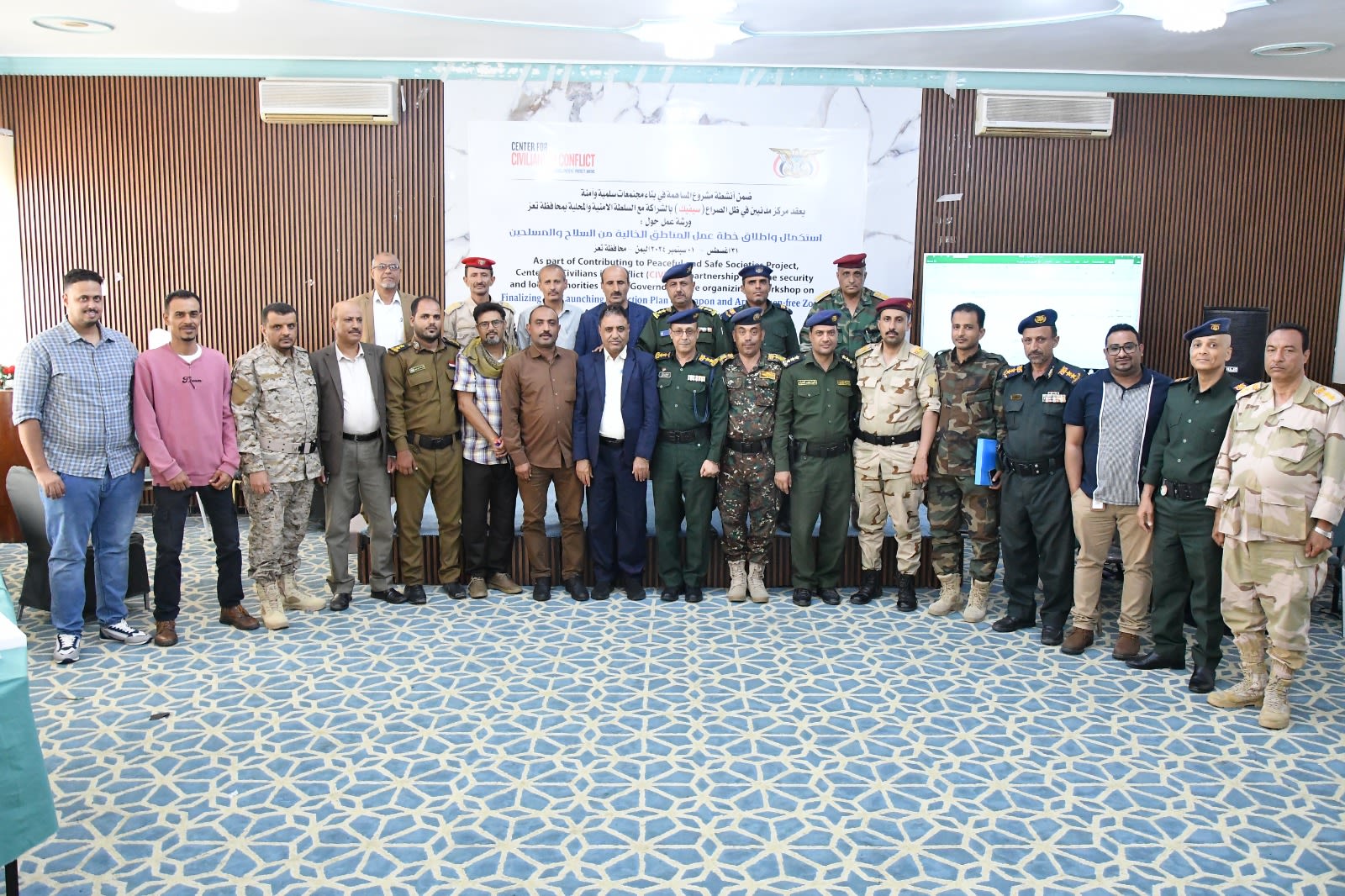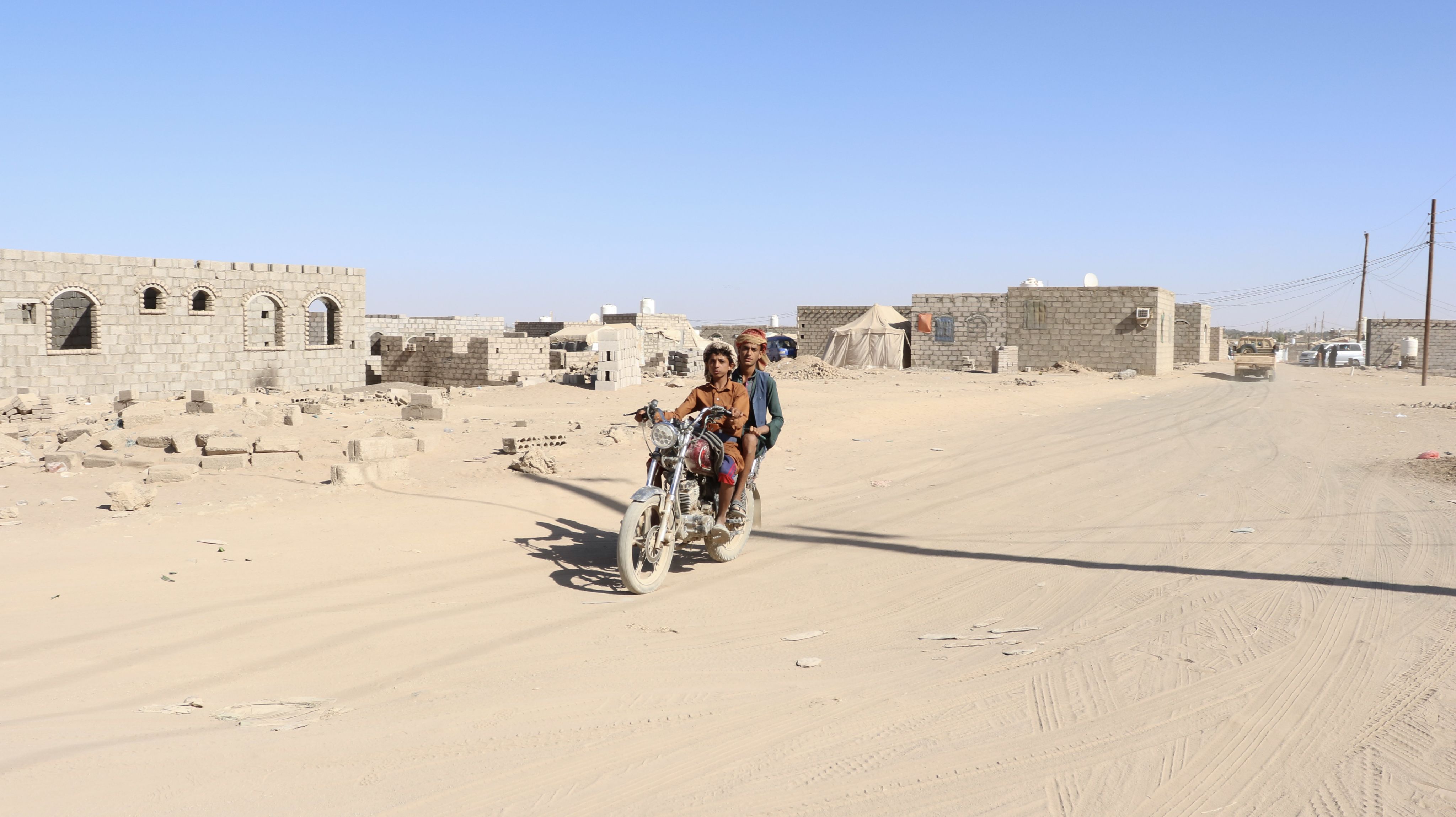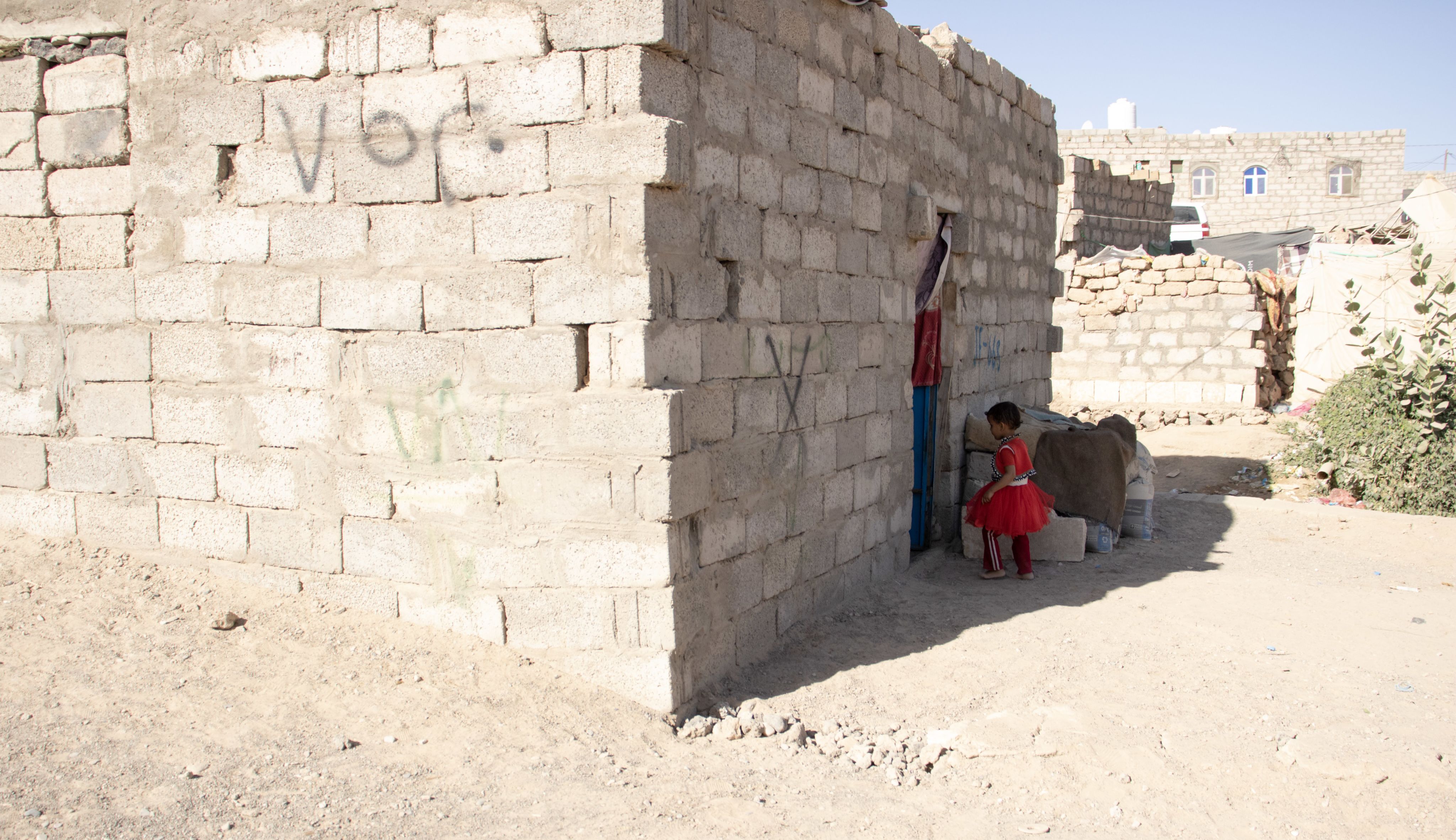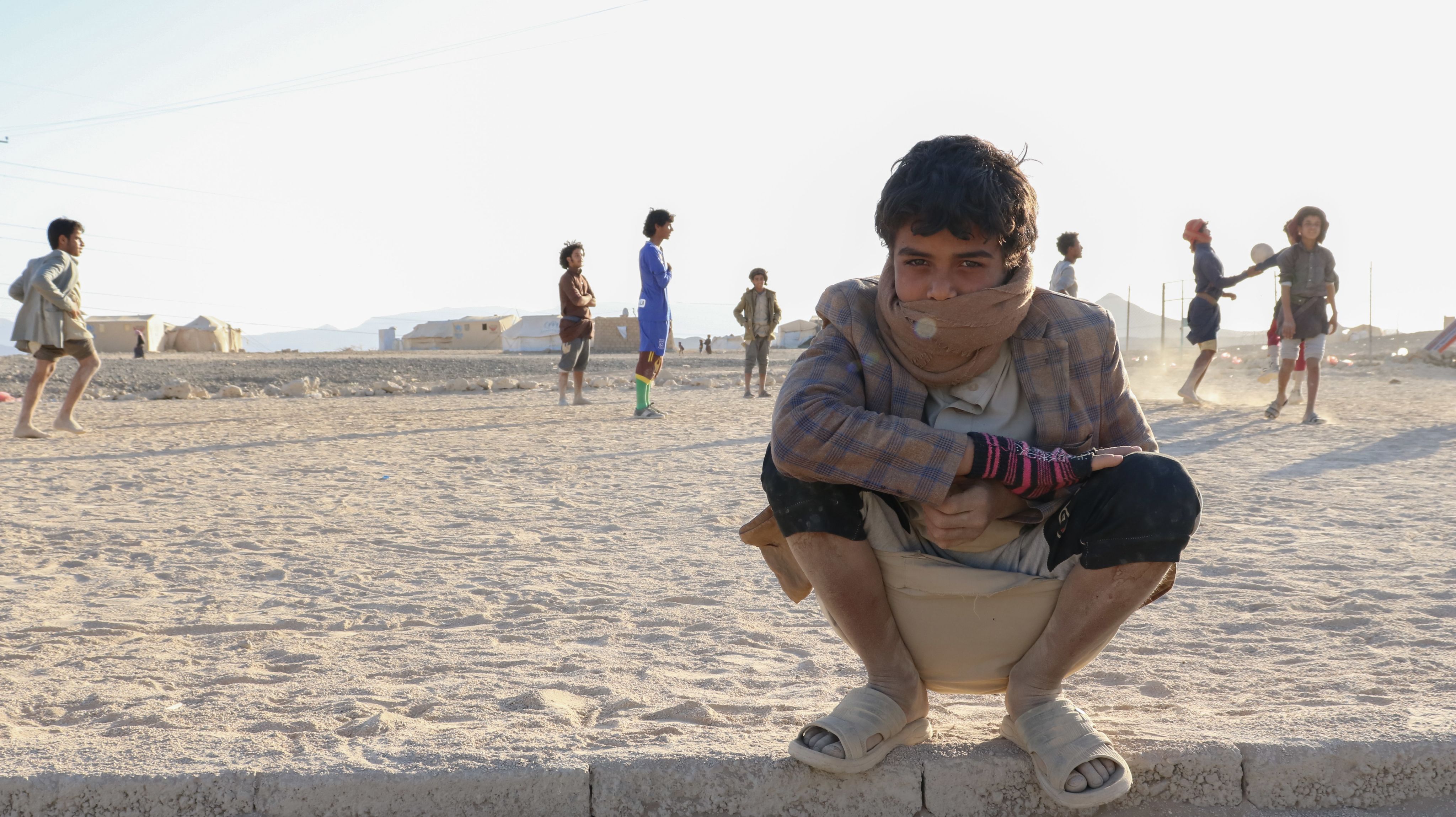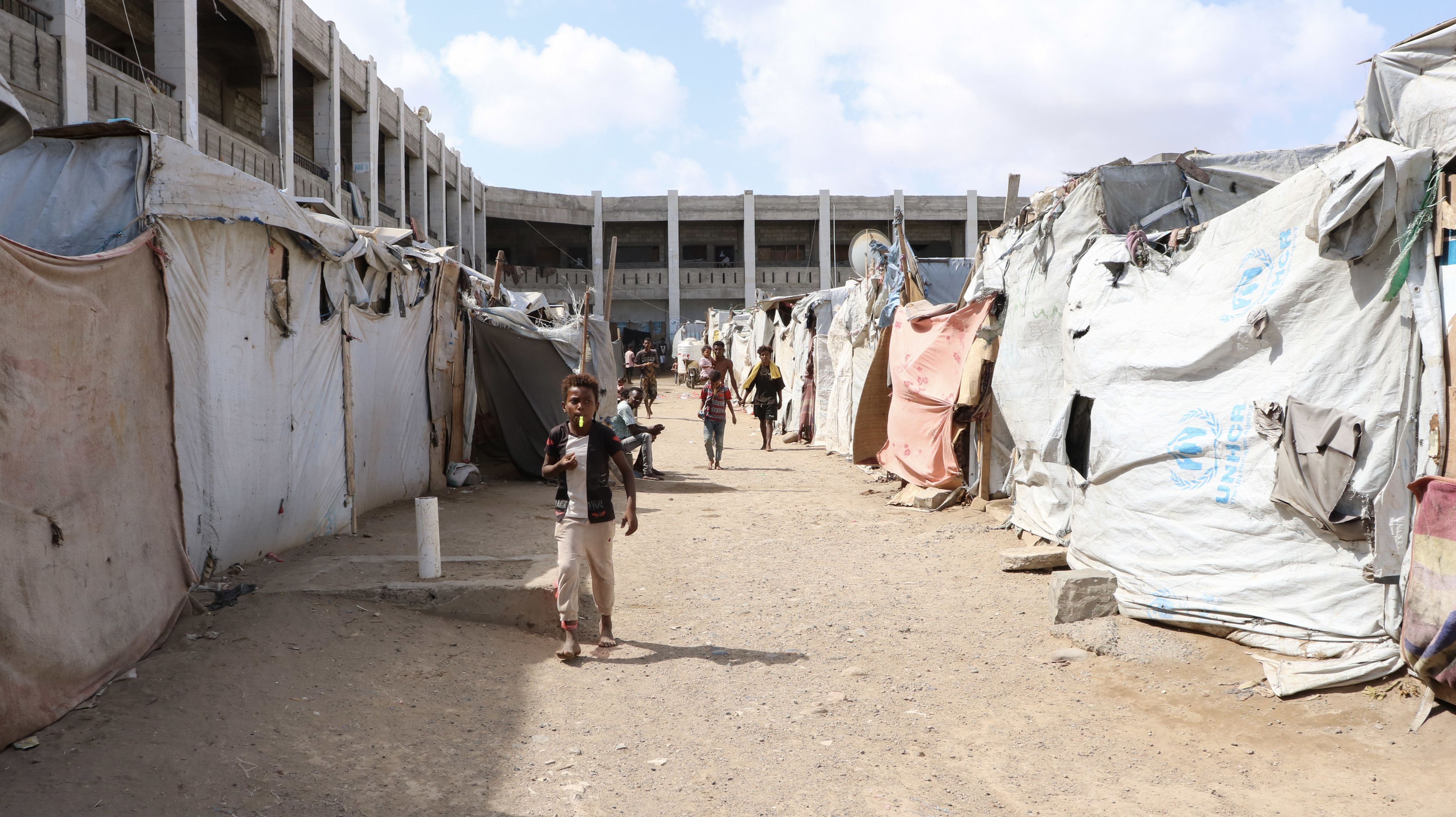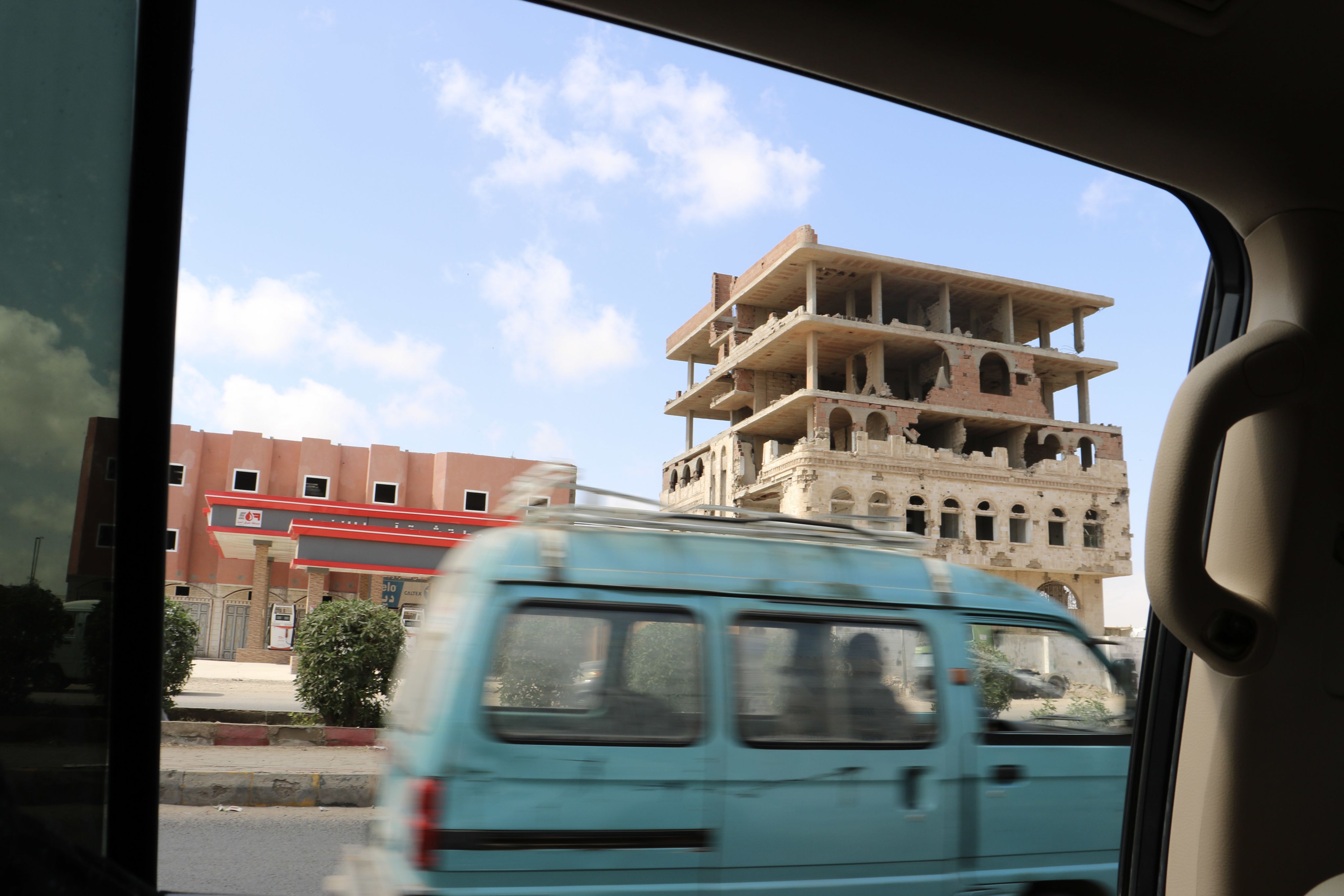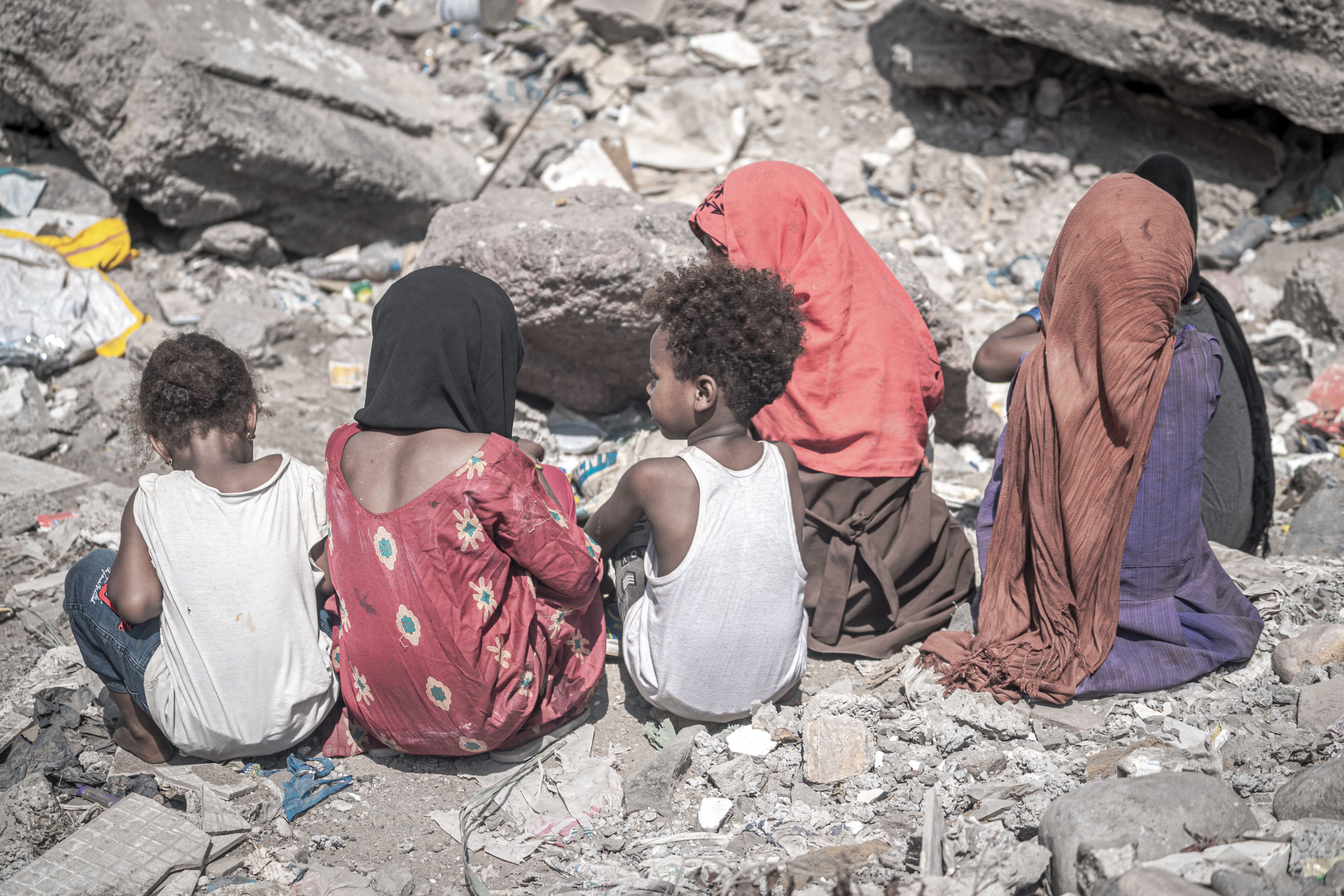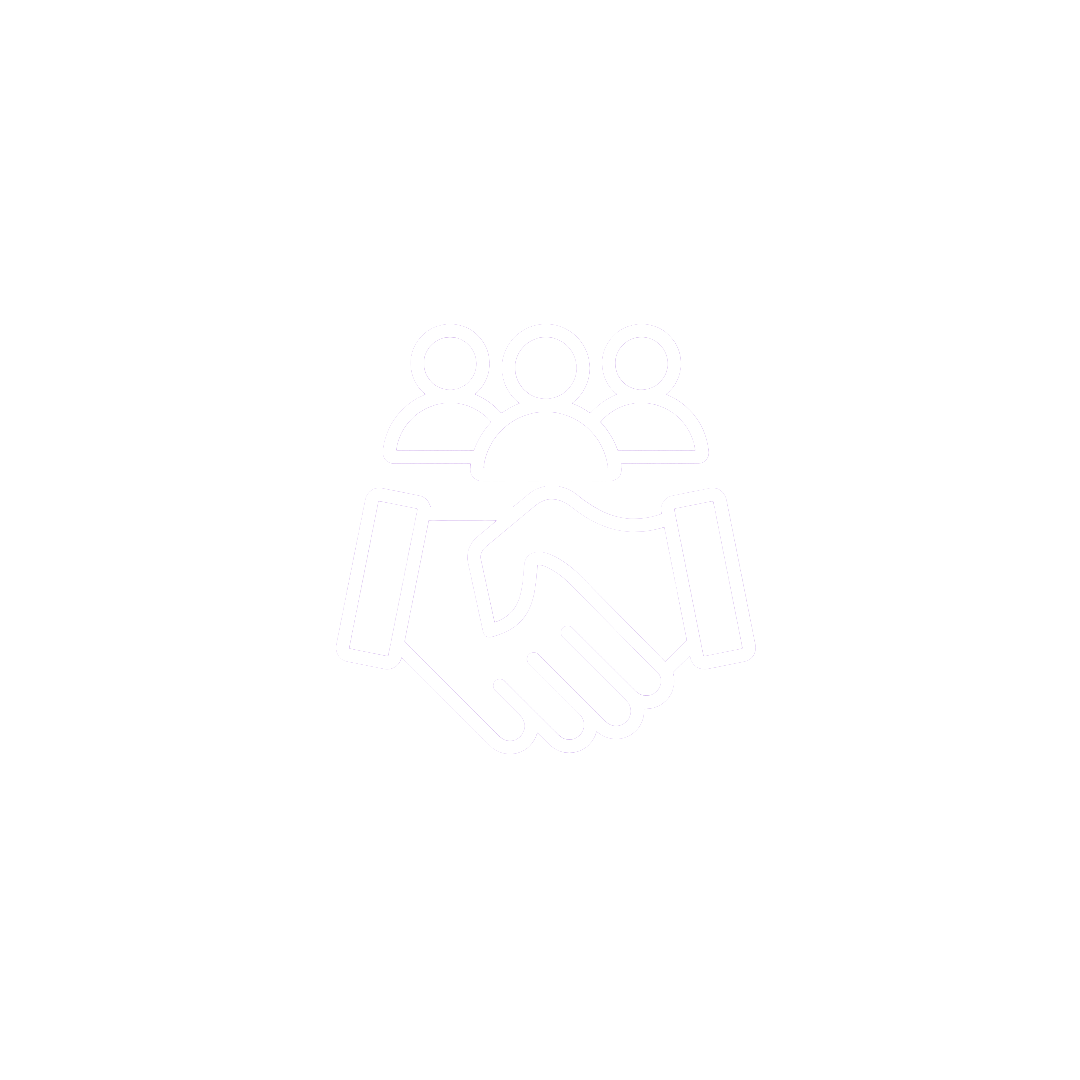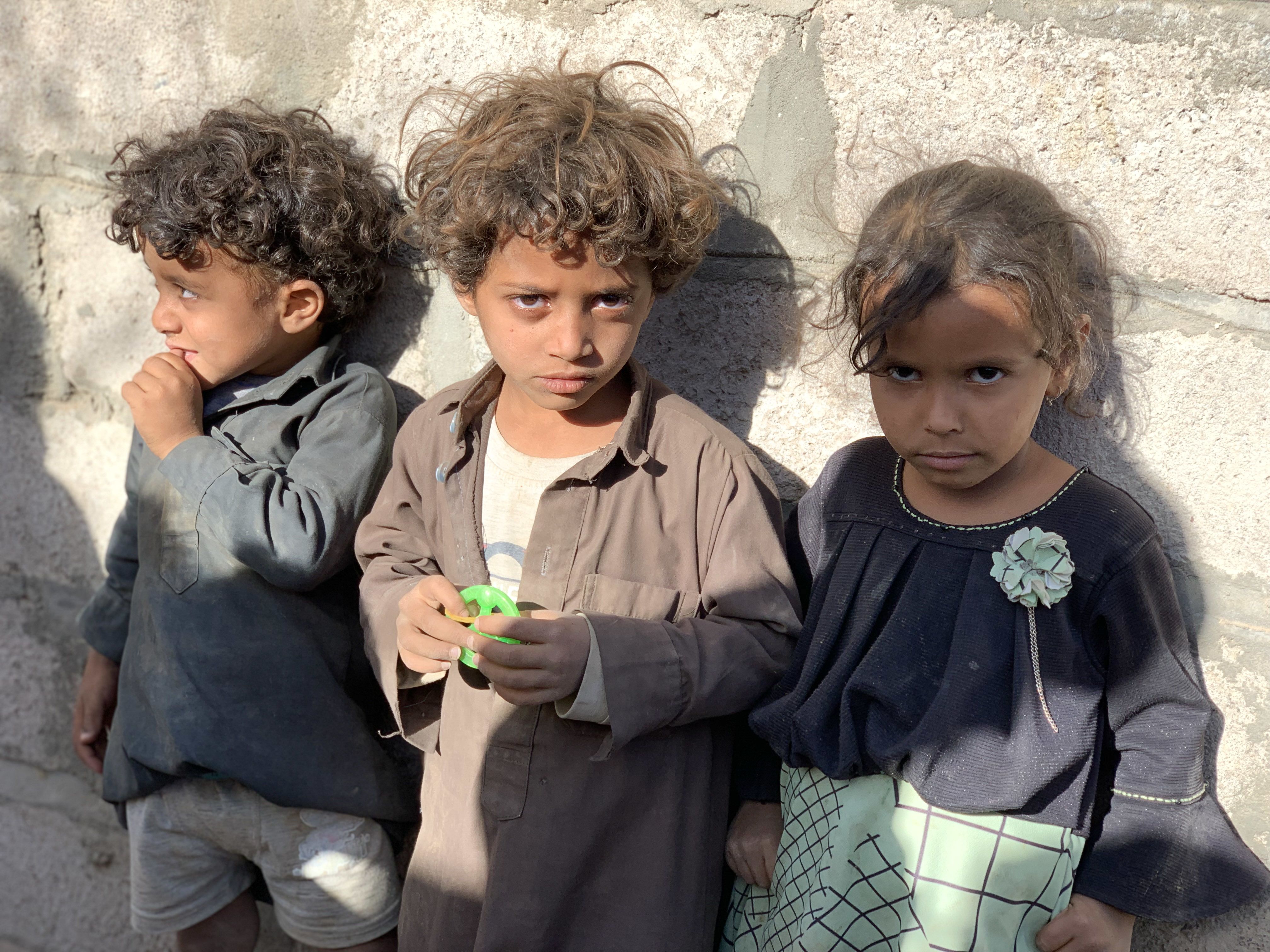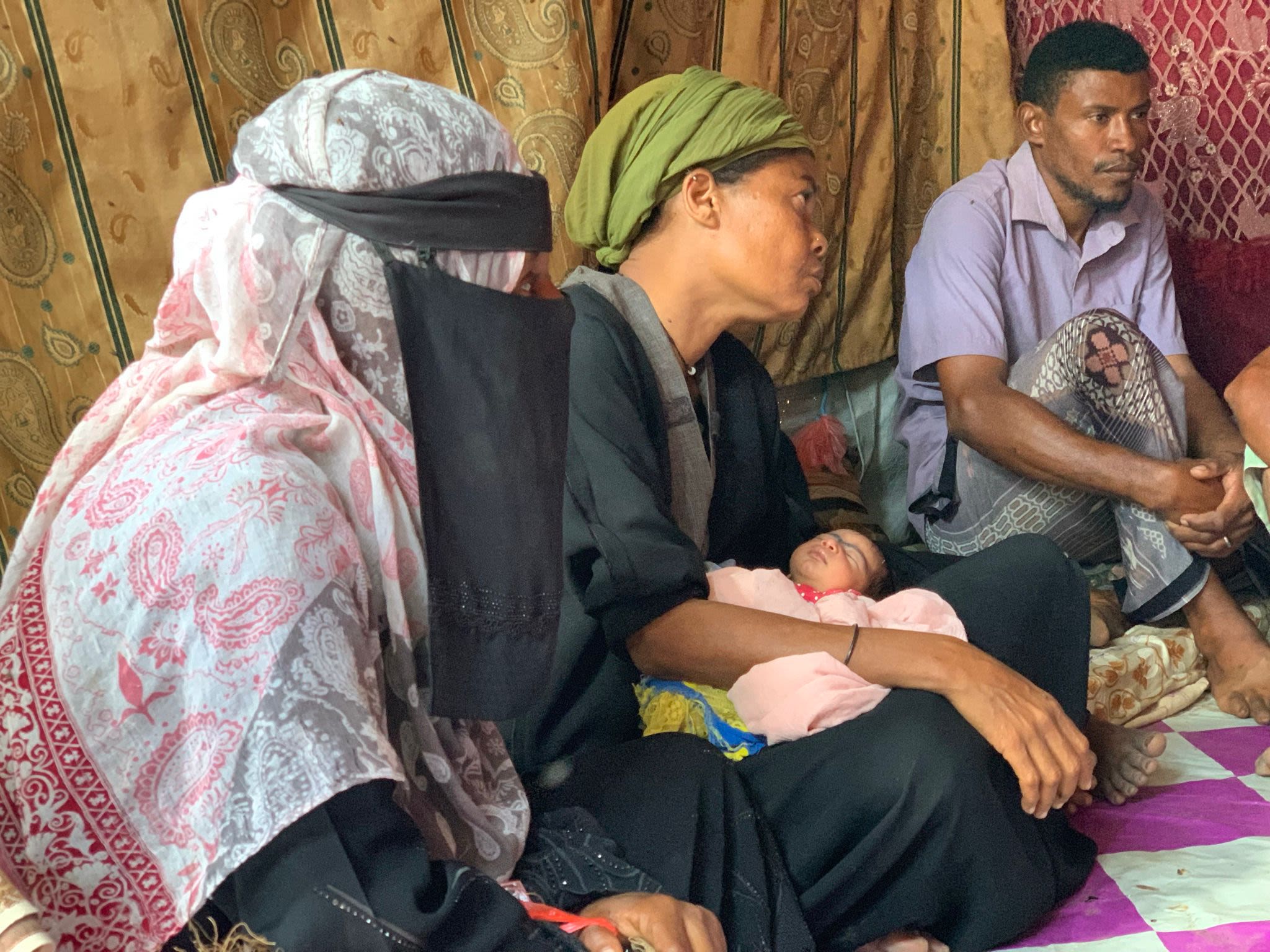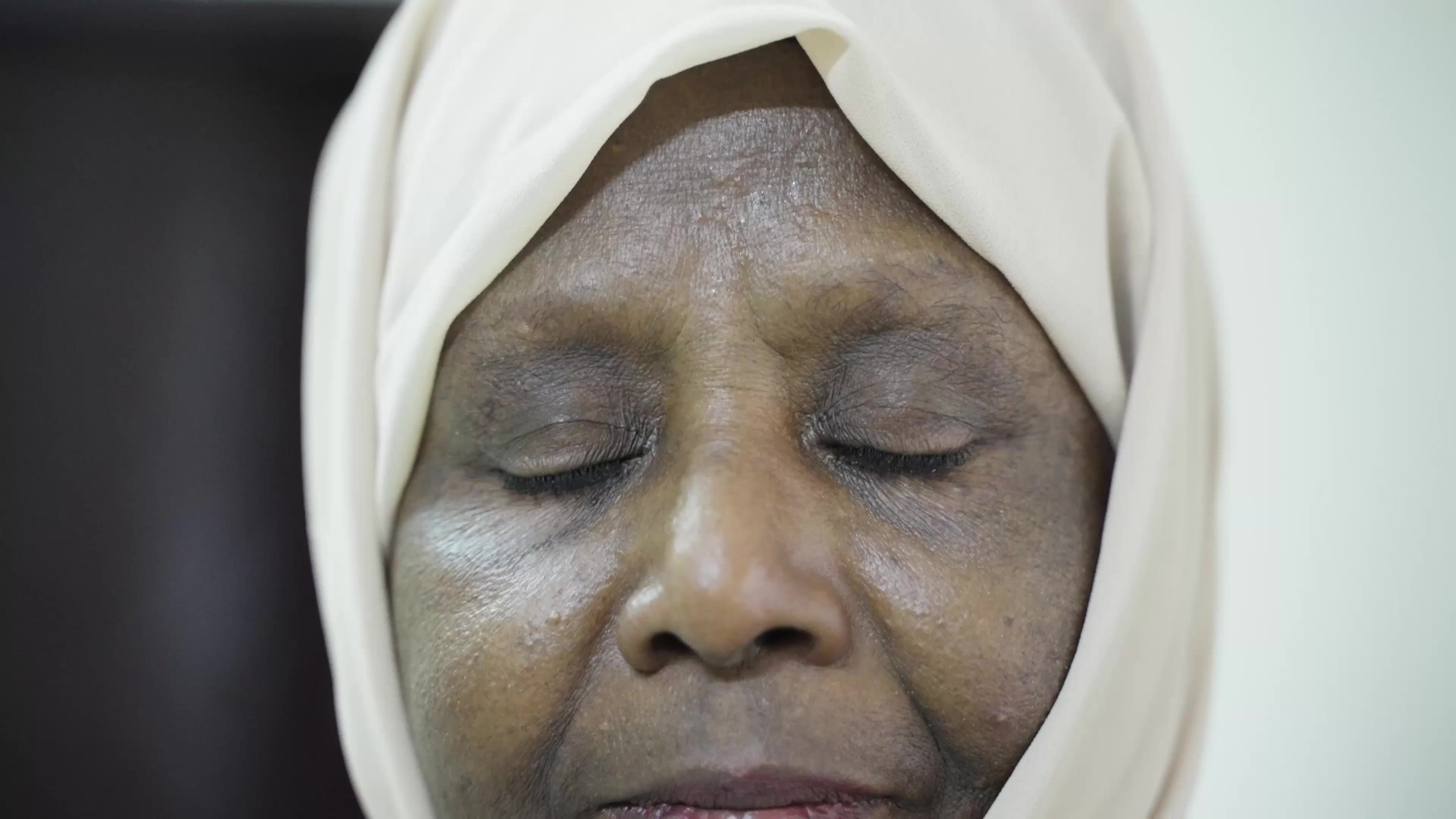
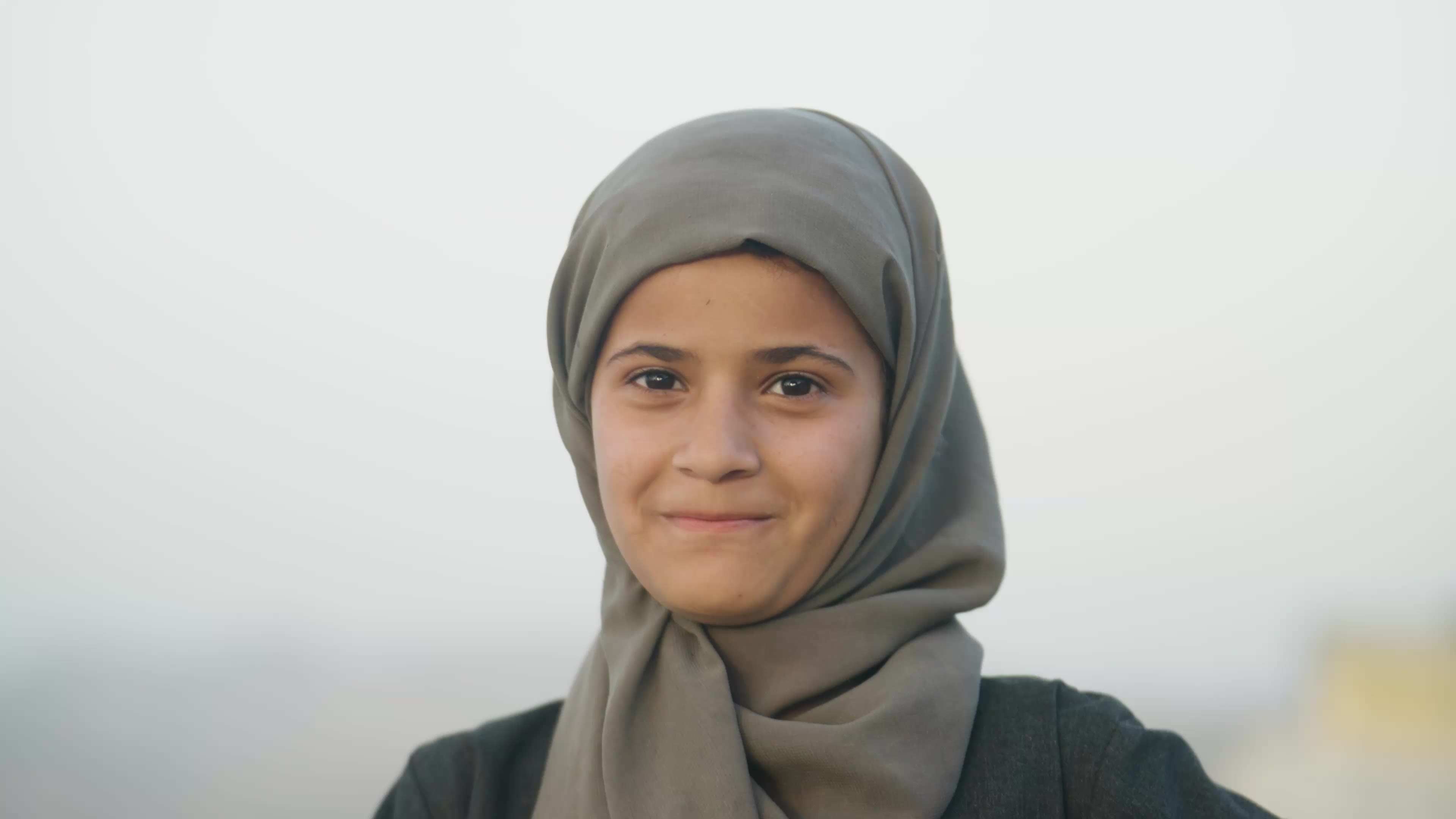

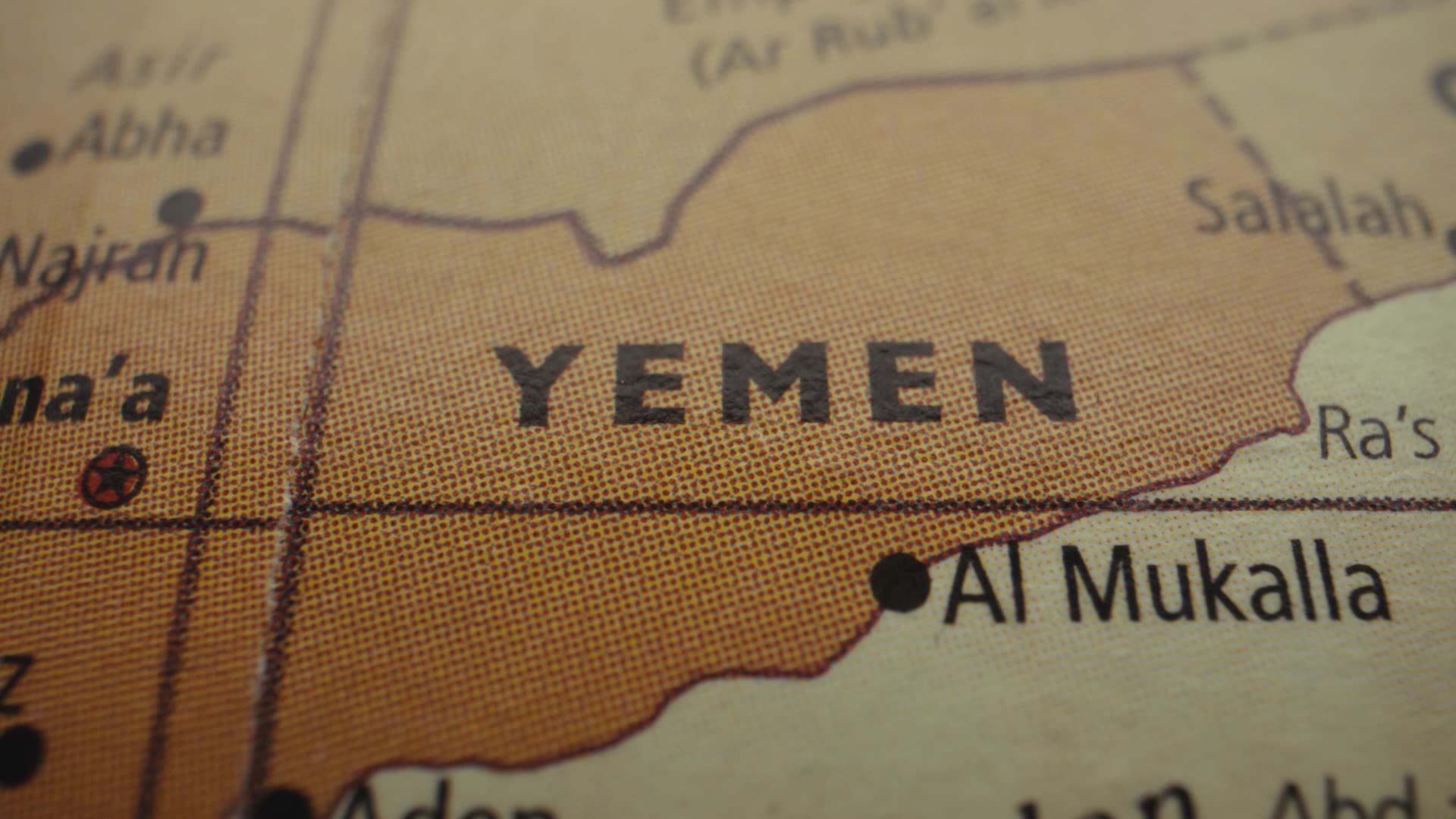
PROTECTION OF
CIVILIANS
IN YEMEN
CIVILIANS IN YEMEN FACE CRISIS ON MULTIPLE FRONTS
After more than a decade of crisis, civilians in Yemen continue to suffer the devastating consequences of armed conflict, economic collapse, and climate shocks.
By 2025, over 19 million people will need humanitarian assistance (source OCHA), with women, elderly, people with disabilities and internally displaced persons among the most affected.
With the collapse of state institutions, administrative structures as well as military and security forces, the country lacked the safeguards needed to protect the human rights and freedoms of the Yemeni people.
Alarmingly, over a third of violence occurs in urban areas, leading to civilian casualties, the destruction of critical infrastructure, and widespread unexploded ordnance that threatens lives long after the fighting ends.
“Over 19 million Yemenis will need humanitarian assistance in 2025.”
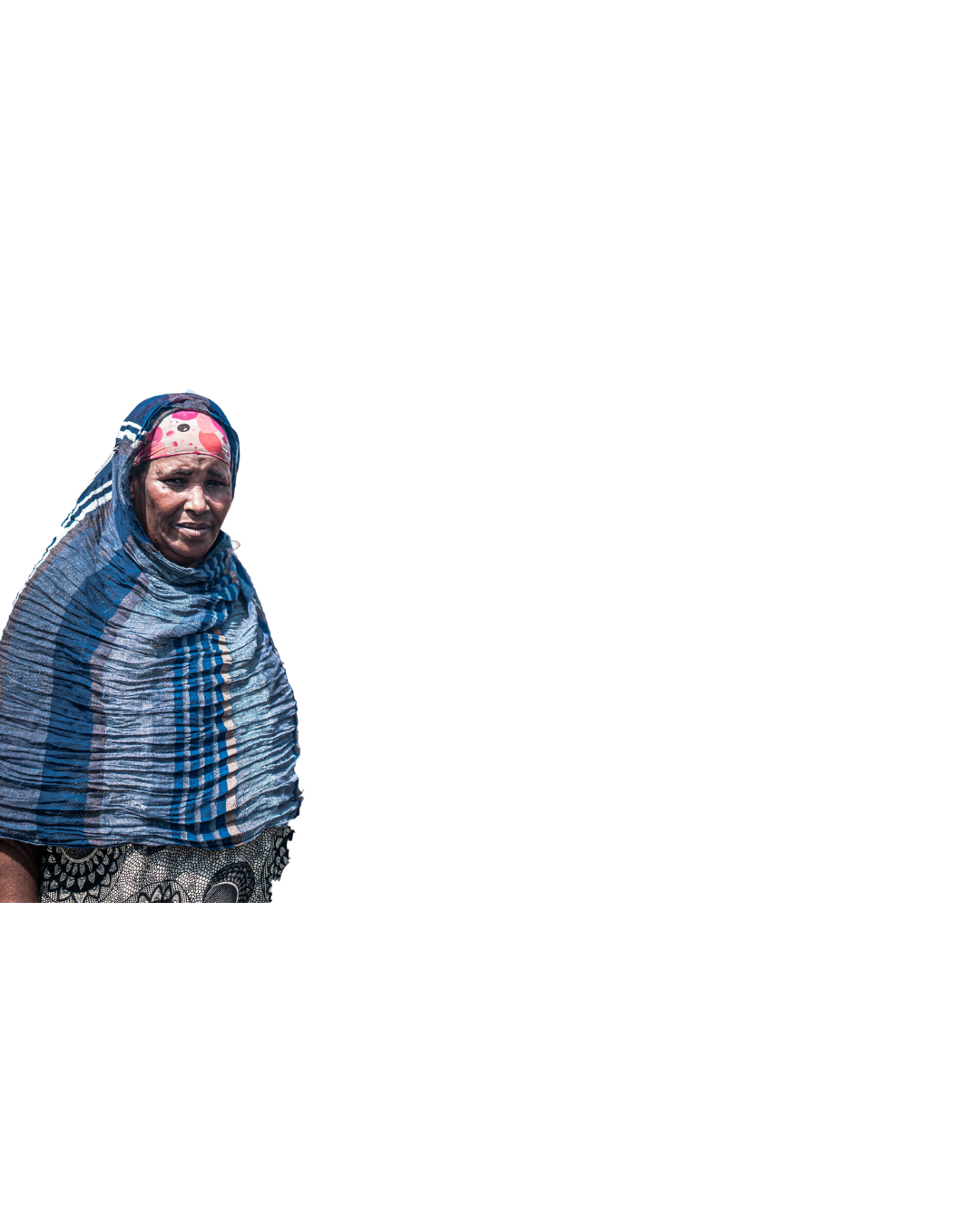
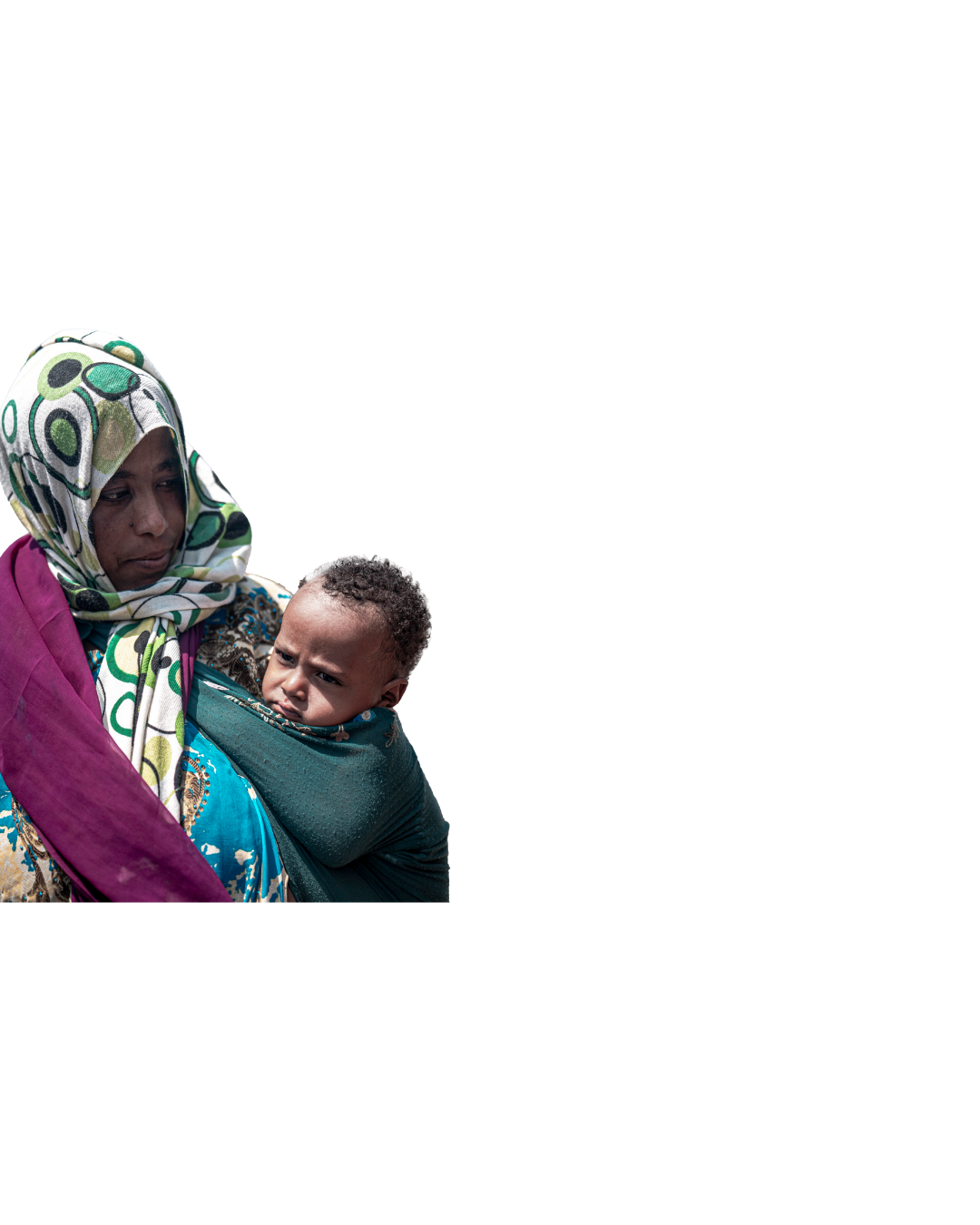
WHAT WE DO
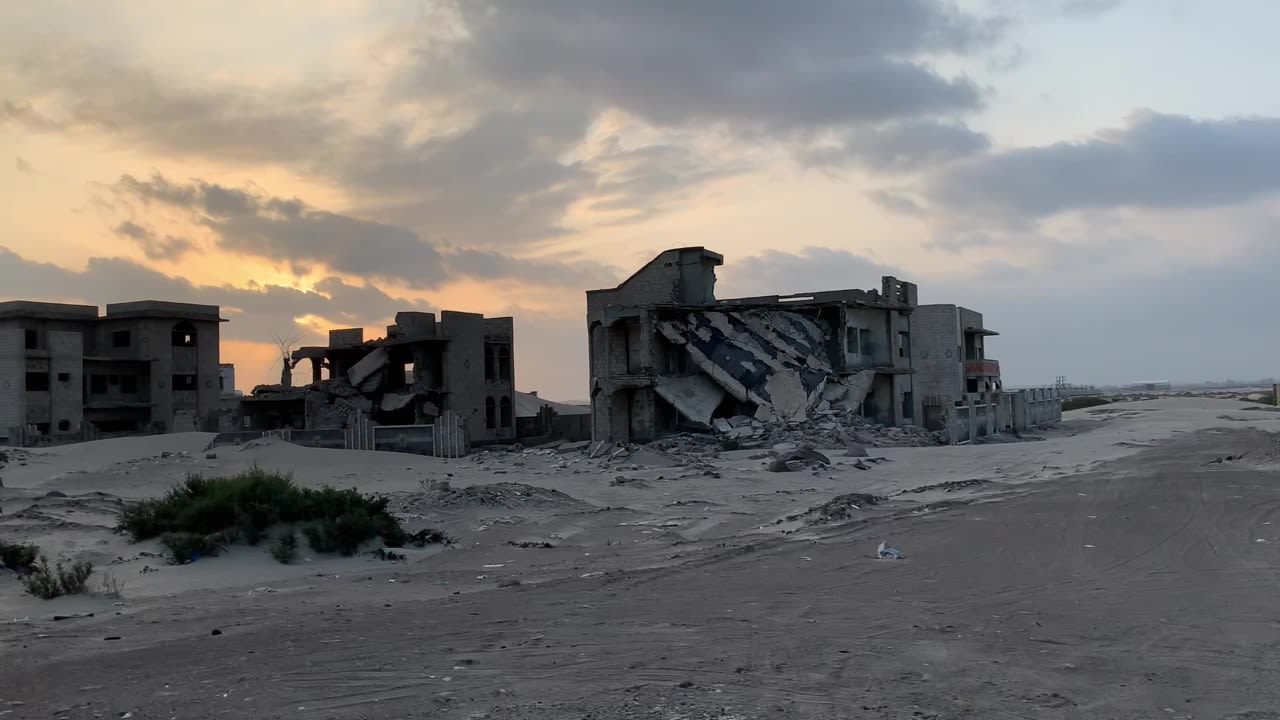
OUR WORK TO PROTECT CIVILIANS IN YEMEN
Against this dire backdrop, CIVIC has been working in Yemen since 2018 to advance policies and practices that protect civilians and reduce conflict-related harm.
We strengthen the capacity and willingness of armed actors to ensure civilian harm mitigation approaches and uphold international humanitarian and human rights law, while supporting local communities to advocate for their own protection.
Over the years, CIVIC has built strong relationships with military and security forces, government agencies, and local partners. Despite ongoing challenges in a complex and unpredictable conflict, our commitment to learning and adapting continues to improve on civilian protection on the ground.
Looking ahead, we will keep supporting conflict-affected communities with analysis, training, and mentorship they need to implement self-protection measures and engage effectively with governments and armed actors.
TANGIBLE RESULTS

Our work fundamentally shifts how armed actors operate while strengthening community resilience and self-protection.
STRENGTHENING ARMED ACTORS' COMMITMENT TO PROTECTION
We partner with local organizations that are working with armed actors to build and improve their Protection of Civilians (POC) systems through:
Civilian-military dialogue platforms:
Creating spaces for open communication between armed forces and communities.
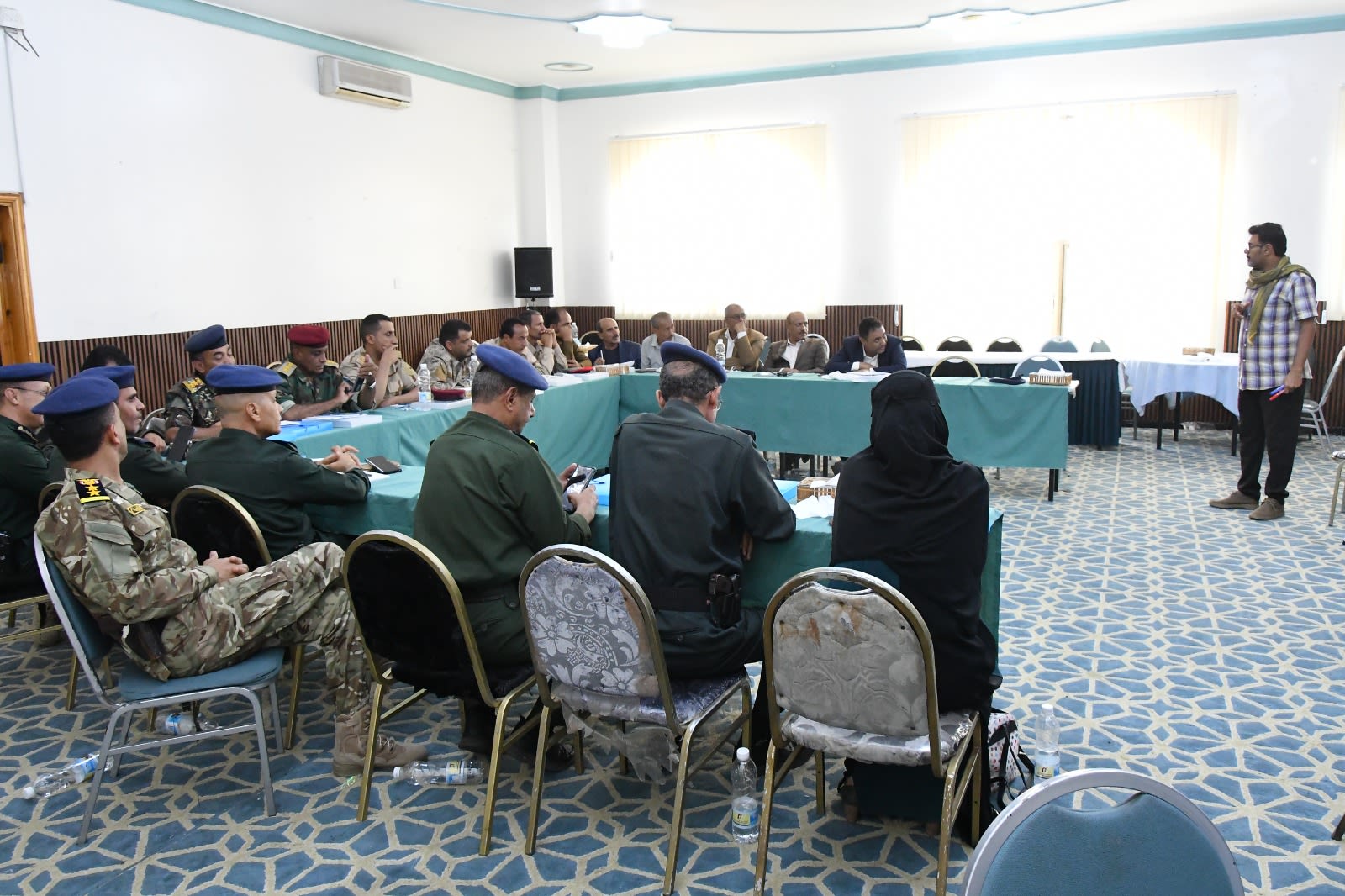
Safe, gender-sensitive complaint mechanisms:
Enabling civilians to report concerns safely.
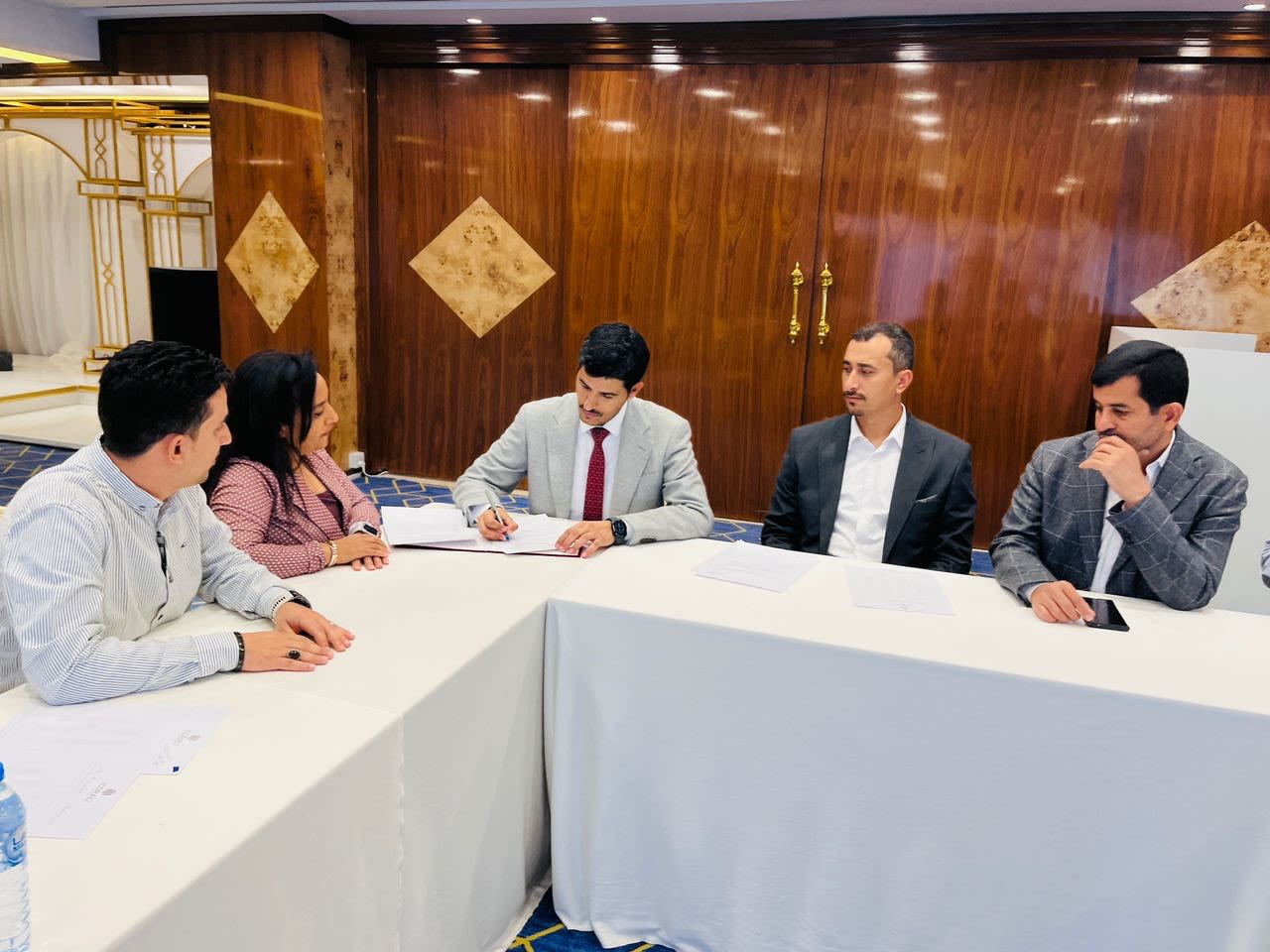
Code of Conduct:
Guiding respectful and lawful behavior.
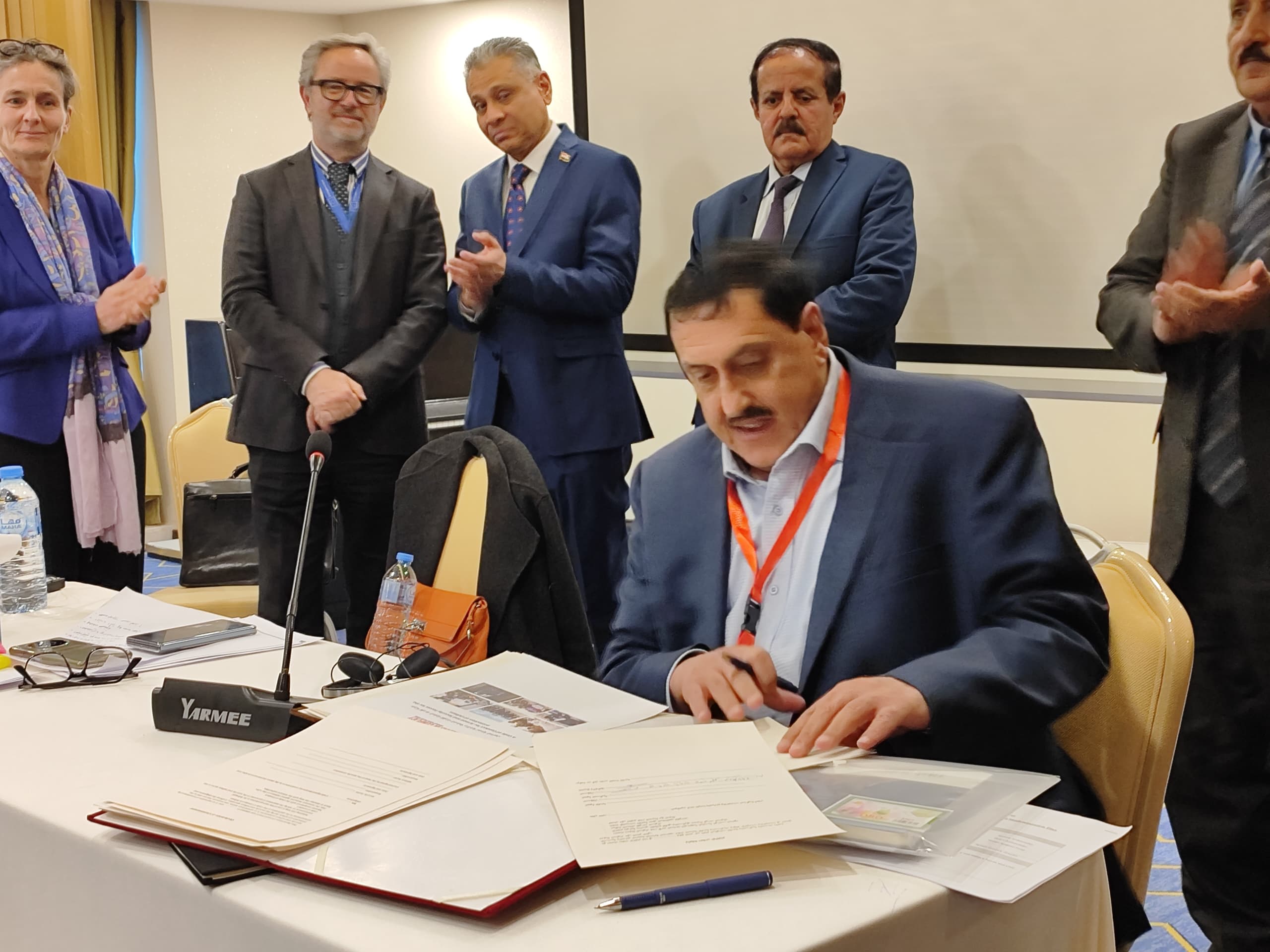
Outputs
Comprehensive
training:
Covering international humanitarian and human rights law, scenario-based civilian protection, civilian-military relations, and community policing.
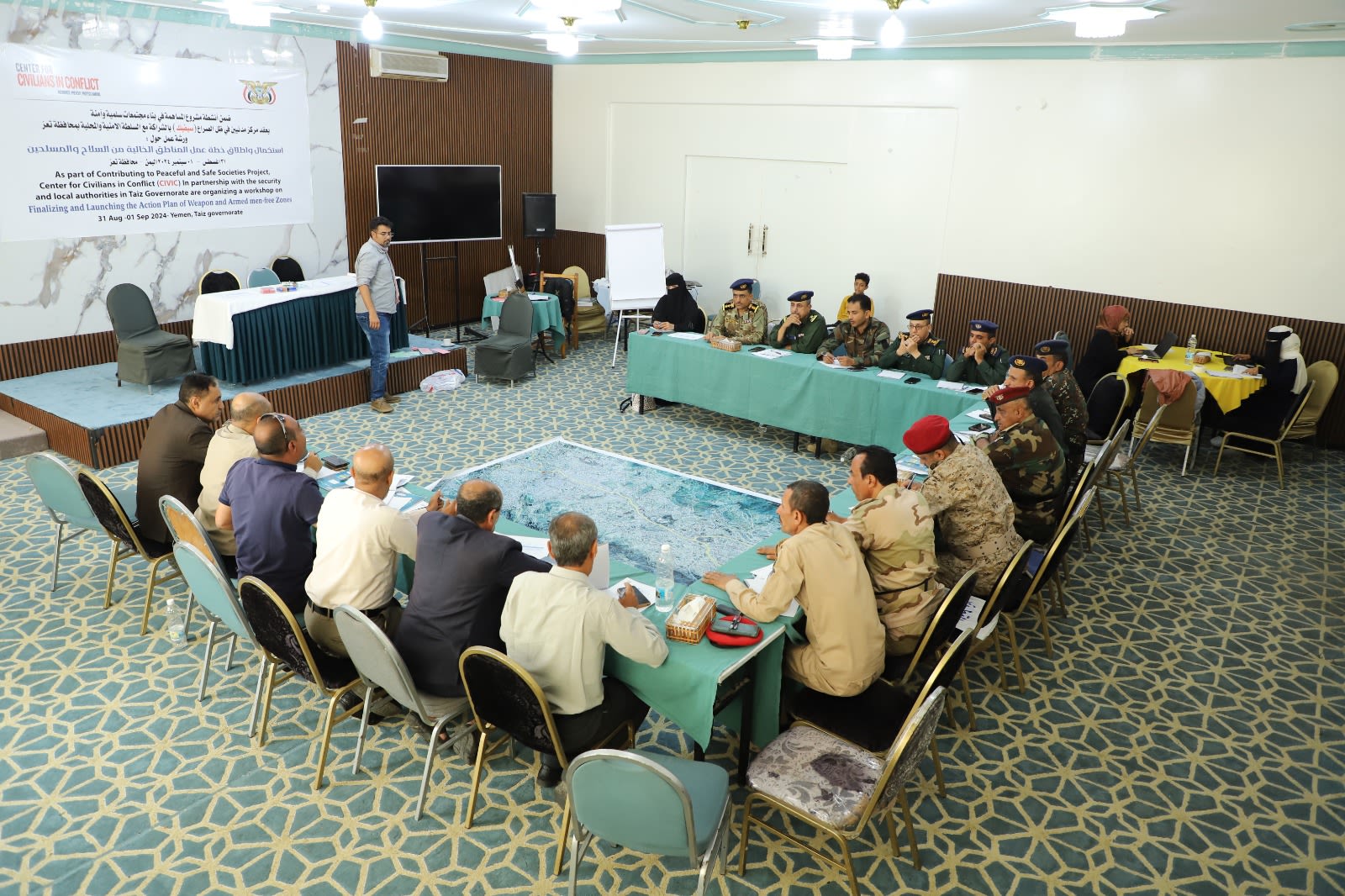
Cybersecurity
support:
Protecting individuals
and data.
ENHANCING
COMMUNITY
RESILIENCE
AND
ADVOCACY

While local community groups often struggle to influence major conflict actors, CIVIC supports Community Protection Groups (CPGs) to identify and address protection risks at a local level.
As an internal survey reported, 83% of civilians in Aden, Taiz and Marib noted an improvement in the behaviour of security forces after the CPGs were implemented. In addition, 92% of survey participants felt that activities related to civilian protection contributed to making society more inclusive
Community-led workshops foster critical conversation and develop solutions, including those related to climate change, enabling communities to take charge of their own safety.
FOSTERING
DIALOGUE
BETWEEN
ARMED ACTORS
AND COMMUNITIES
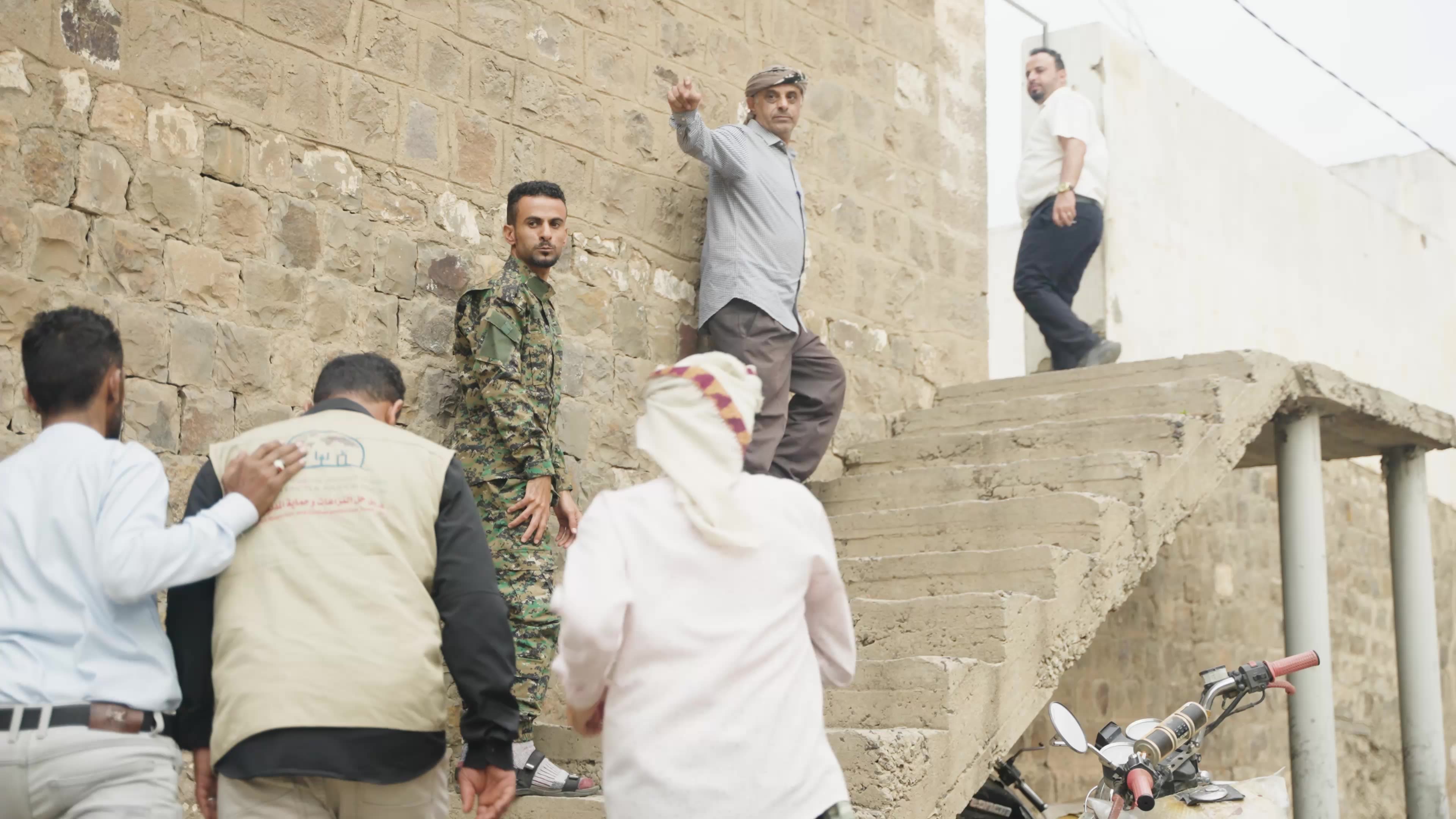
Through CIVIC’s efforts, Yemeni armed actors have significantly improved their understanding of POC policies and practices.
This has strengthened direct dialogue with communities, leading to more effective protection strategies at the local level.
"We recognize that the community in the governorate is very tribal, and historically there has been a gap between tribes/communities and security forces. Learning from the successful approach of CIVIC, local leadership actively sought to bring tribes and security forces together, fostering dialogue that contributes to resolving tensions and bridging the gap between these essential components of the community. This is an approach CIVIC should take credit for, and we are grateful for its contribution”.
RESTORING ROAD
RESTORING HOPE
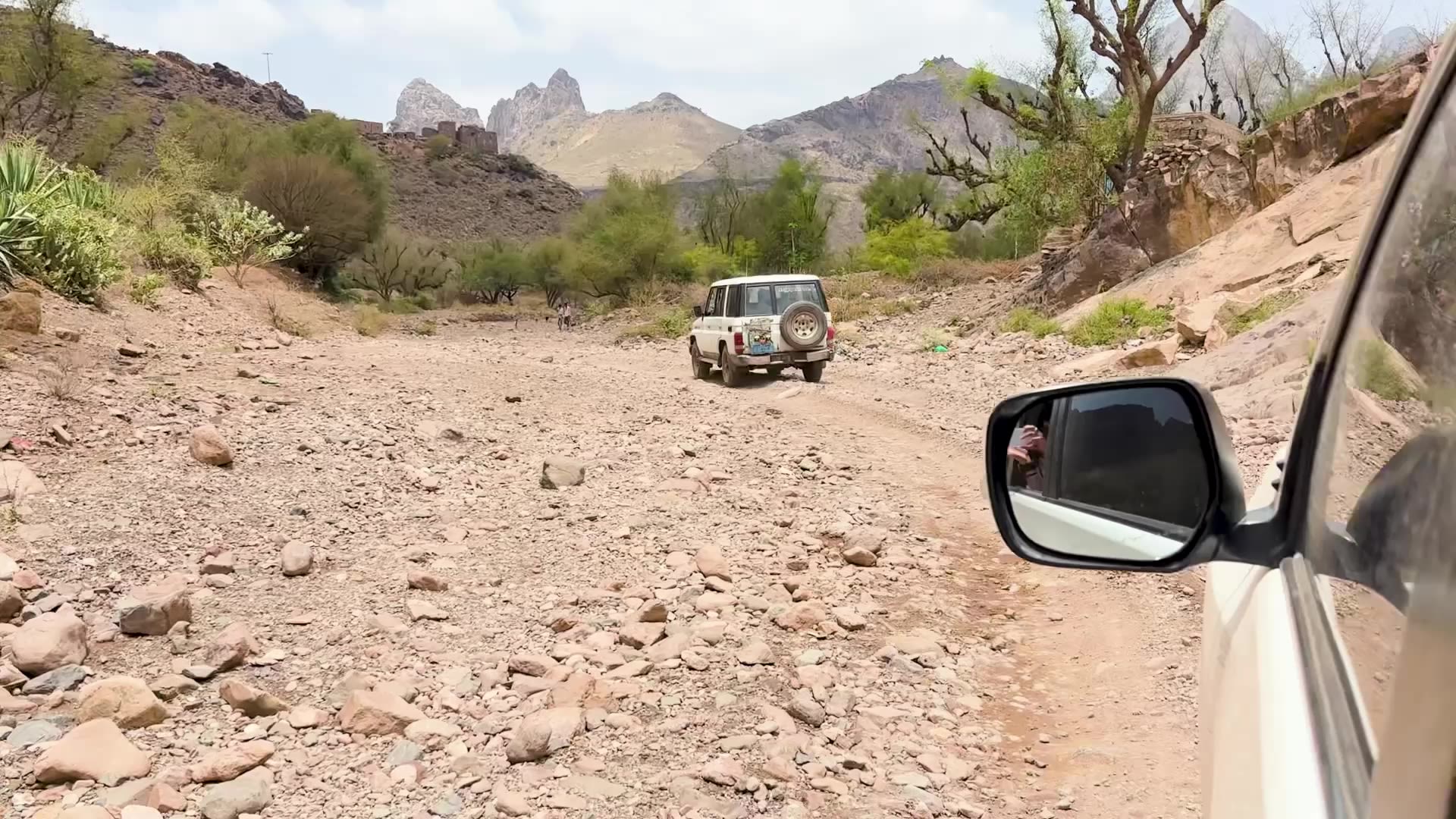
Roads are lifelines. And in conflict zones, they're essential for survival. This means so much for communities who were separated from loved ones and essential supplies.
What was once a closed route between frontlines is now a restored connection to hospitals, schools, markets and hope.
CIVIC supported local communities protection groups who worked closely with the military to reopen a crucial road linking Sanaa - Al Dhali - Aden.
Not only has the travel time been drastically reduced, but the road is also safer thanks to efforts to warn about mines.
WEAPONS FREE ZONE
IN TAIZ
After three years of collaboration between CIVIC and security and military forces in Yemen, the General Administration of Taiz Government Police announced an action plan aiming to establish weapons free zone area. A critical step towards improving security and protecting civilians in Taiz, Yemen, an area deeply impacted by years of conflict.
“For too long, civilians in Taiz have lived under constant threat from sniper fire, rockets, random shootings, and mines. This plan to create weapons-free zones is an important move towards providing civilians the safety and dignity they deserve.”
In Taiz, the widespread presence of armed men in civilian clothes carrying AK-47s in public spaces such as markets and parks, as well as near sensitive sites including schools and hospitals, creates constant fear and danger for civilians. The weapons free zones aim to address this threat by designating crowded civilian areas where only uniformed military and security personnel are allowed to carry weapons, thereby contributing to safer access to education and healthcare facilities.
RELEASE OF CIVILIANS ARBITRARILY DETAINED
On the 25th of May 2025, CIVIC organized a civil-dialogue. During the conversation, the community groups brought up the issue of detentions of women protesters. In response, Dr Al Awalaki, a member of the Military and Security Joint Operations Command, pledged to release any woman detained unlawfully for participating in protests.
While unaware of women who were currently detained at that time, community groups have identified at least six cases of men who were detained arbitrarily.
And in the next following days, all those detained unlawfully were released.
CIVIC also works with community security forces to ensure that they uphold international standards and that when the harm occurs respond to it and they mitigate it.
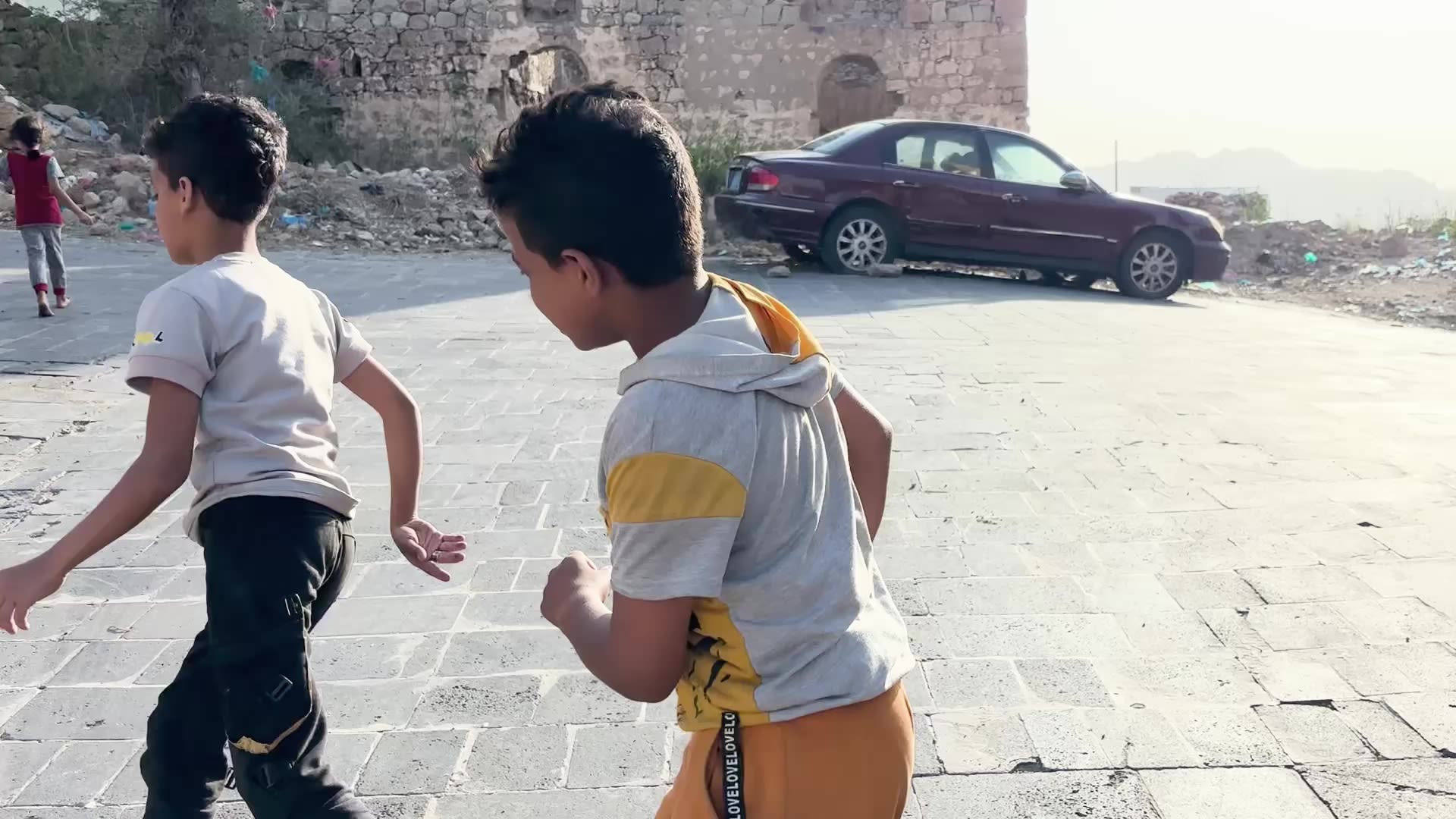
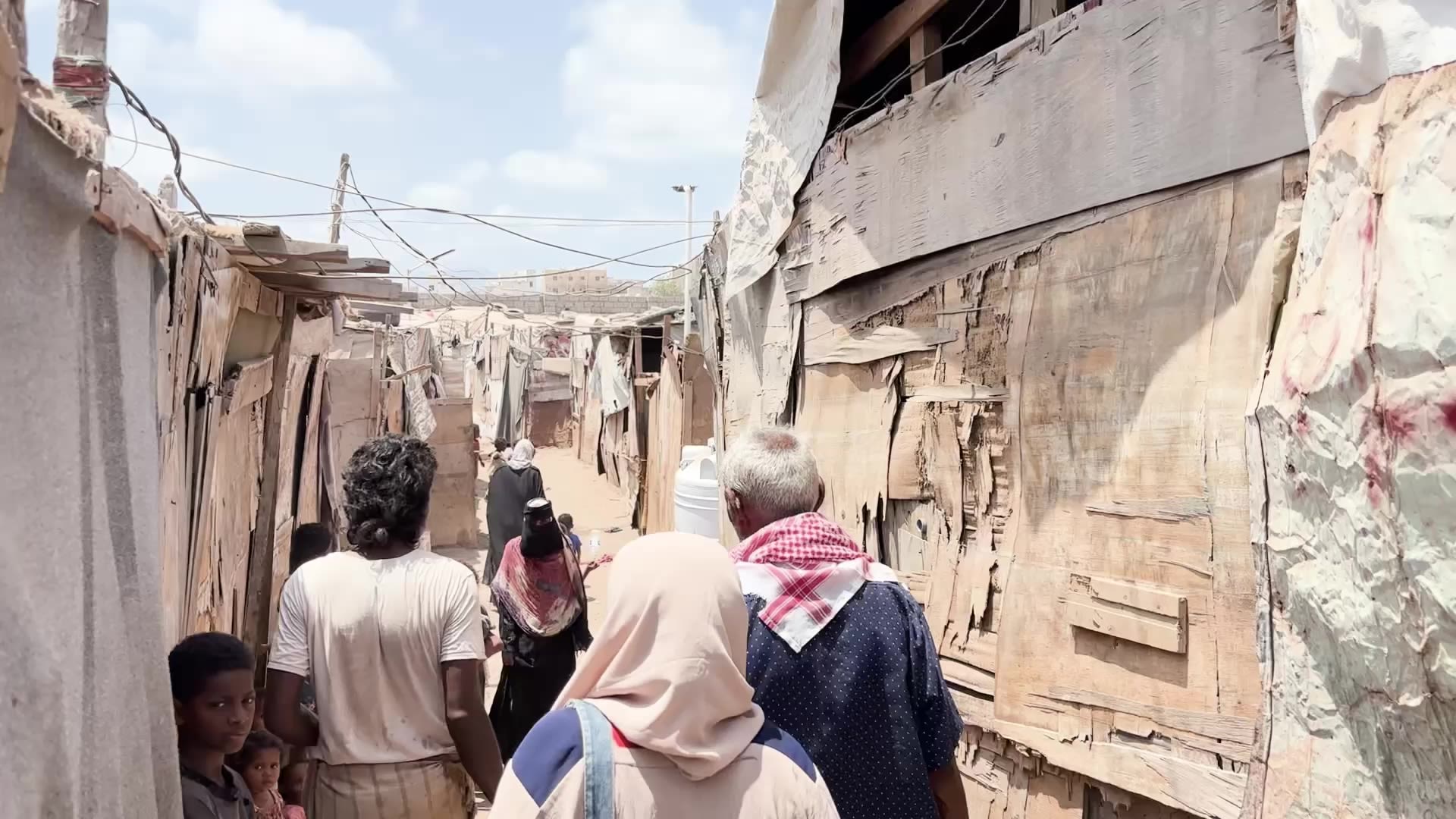
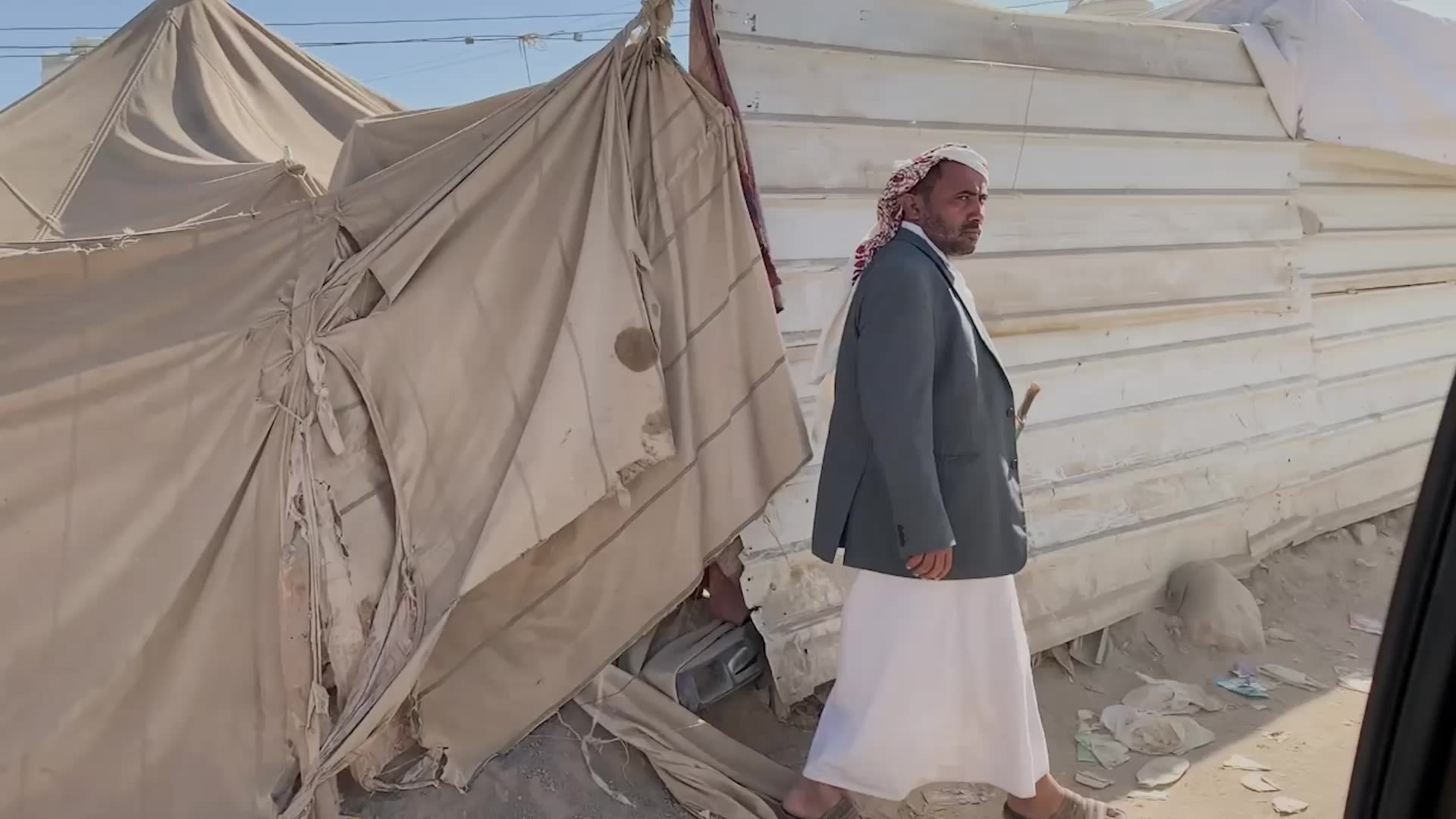
PROMOTING
SAFER
INTERACTIONS
BETWEEN
CIVILIANS
AND
SECURITY FORCES
BRIDGING THE GAP
CIVIC promotes civil-military dialogue, bringing communities and security actors together to resolve protection concerns and strengthen trust. The results are many and tangible, for example, in some neighborhoods of Aden, night raids decreased thanks to civil-military dialogue.
CREATING SAFER
CHECKPOINTS
Our training for military and security personnel has led to real improvements at checkpoints, including:
- Treating civilians with respect and without bias
- Requesting document politely
- Presuming innocence
- Communicating lawfully with authorities
Another tangible result is the removal of checkpoints and checkpoint personnel in Aden and Taiz, where communities have reported misconduct resulting in apologies and fines paid.
In addition, qat consumption during working hours has been banned at Aden International Airport. This change in behavior reflects professionalism and improved security for civilians.
"I am now in charge of the Steel Factory check point, if any woman faces any issue, please contact me and I will ensure she passes safely and without the need to provide a mahram*".
*A Muslim woman's mahrams form the group of allowable escorts when she travels.
As part of its advocacy initiative, in 2025, CIVIC supported a local Ngo installing billboards to claim for safe and smooth delivery of humanitarian assistance.
FOSTERING
ACCOUNTABILITY
AND
PROFESSIONALISM
Ultimately, our goal is to build a culture of accountability among security personnel, enhancing safety and dignity for everyone moving through these critical transit points.

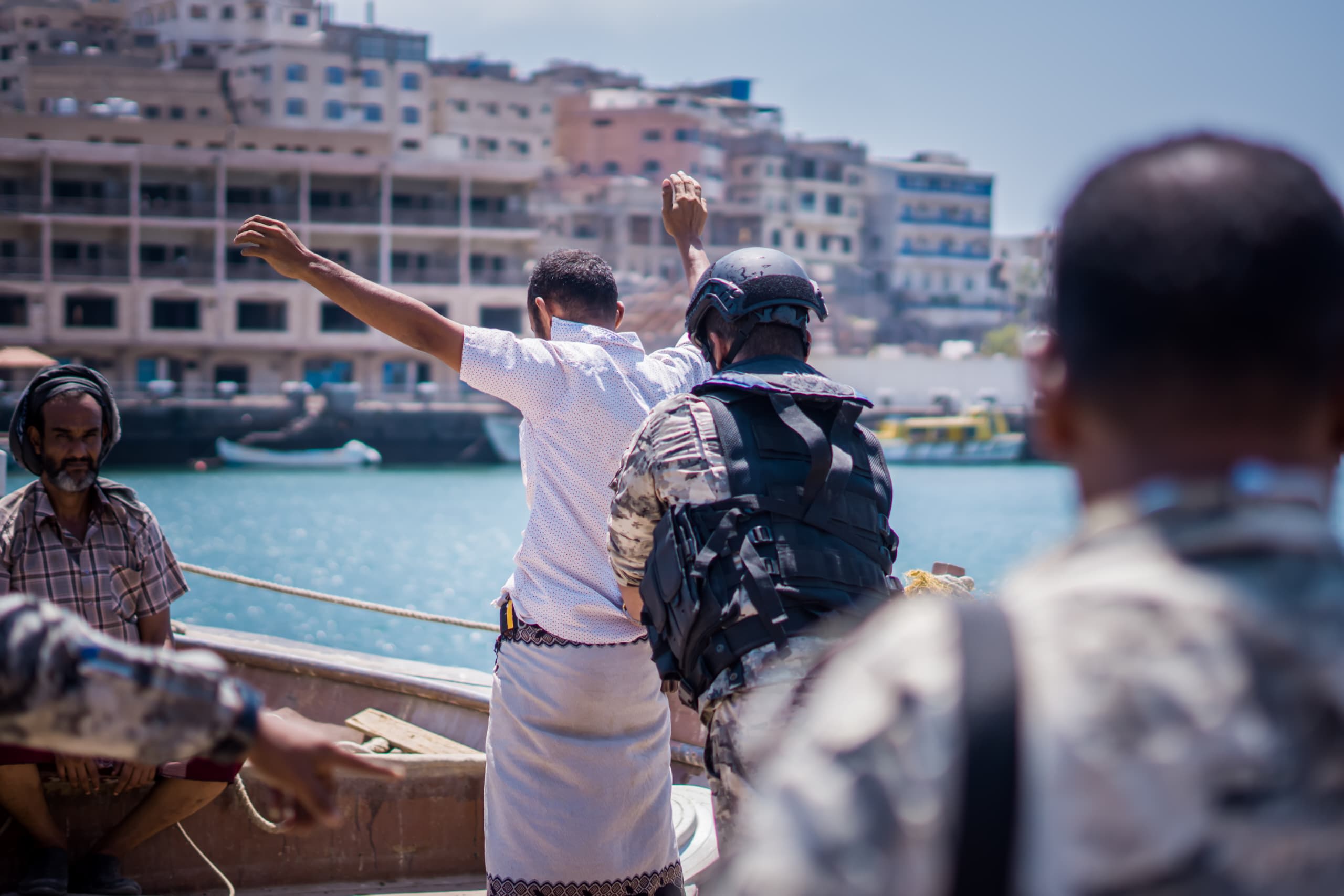
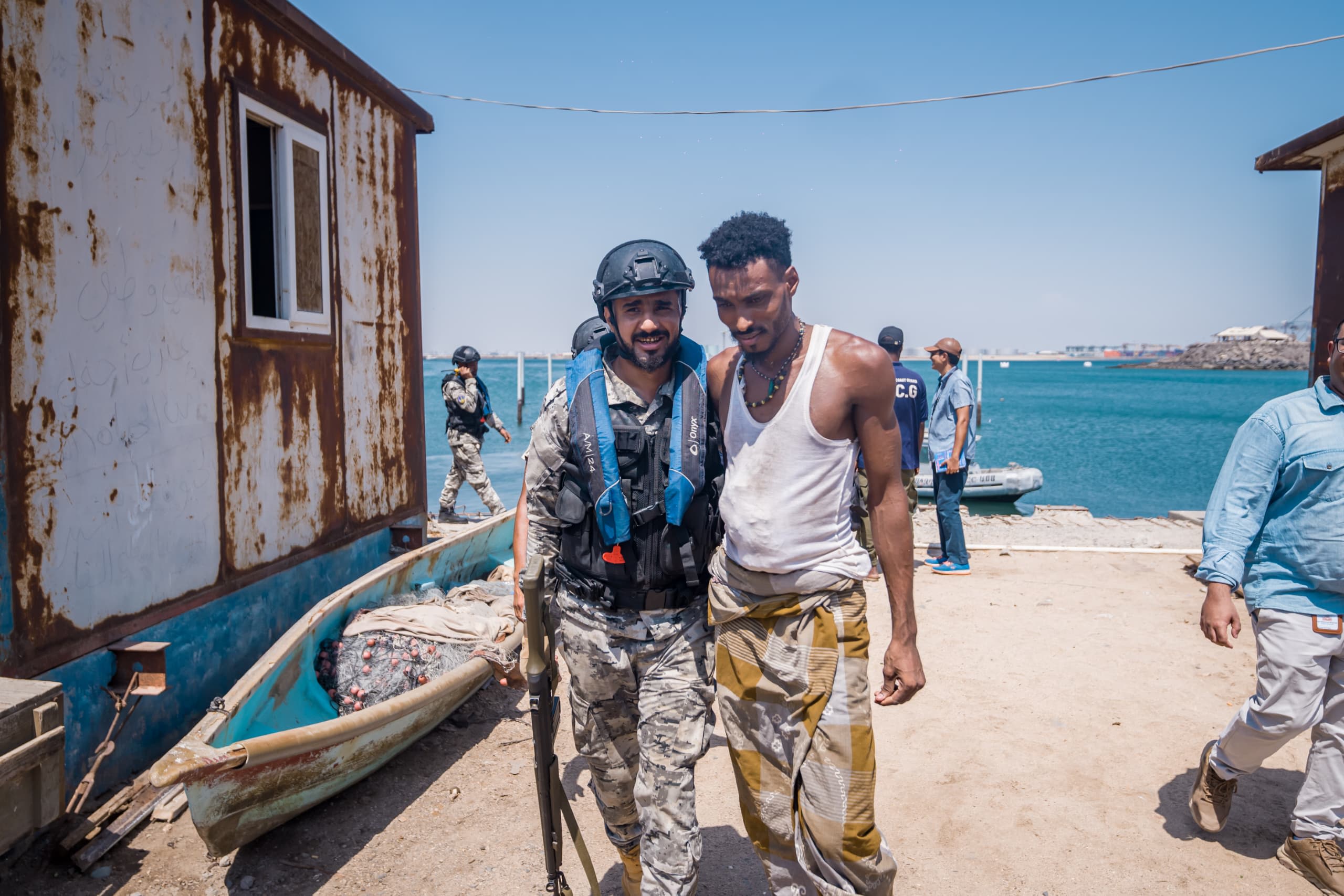
OUR PILLAR OF
CIVILIAN PROTECTION

BUILDING
COMMUNITY
PROTECTION
In 2024, CIVIC supported 6 Community Protection Groups (CPGs) with around 60 members across Aden, Marib, Taiz, Westcoast, Hadramout, and Shabwa.
We help communities identify and address protection risks through:
- Establishing and strengthening CPGs
- Facilitating community-led workshops to develop and implement protection strategies solutions, including self-protection mechanisms, towards safely addressing protection risks.
Looking ahead, we plan to integrate vital topics like gender-based protection and the impact of climate change on civilian safety into our programs.
STRENGTHENING CIVIL SOCIETY
CIVIC also trains local Civil Society Organizations (CSOs) to use our Protection of Civilians Evaluation Framework and equips them with advocacy skills, enabling them to champion civilian protection in their communities effectively.
ENGAGING
ARMED ACTORS
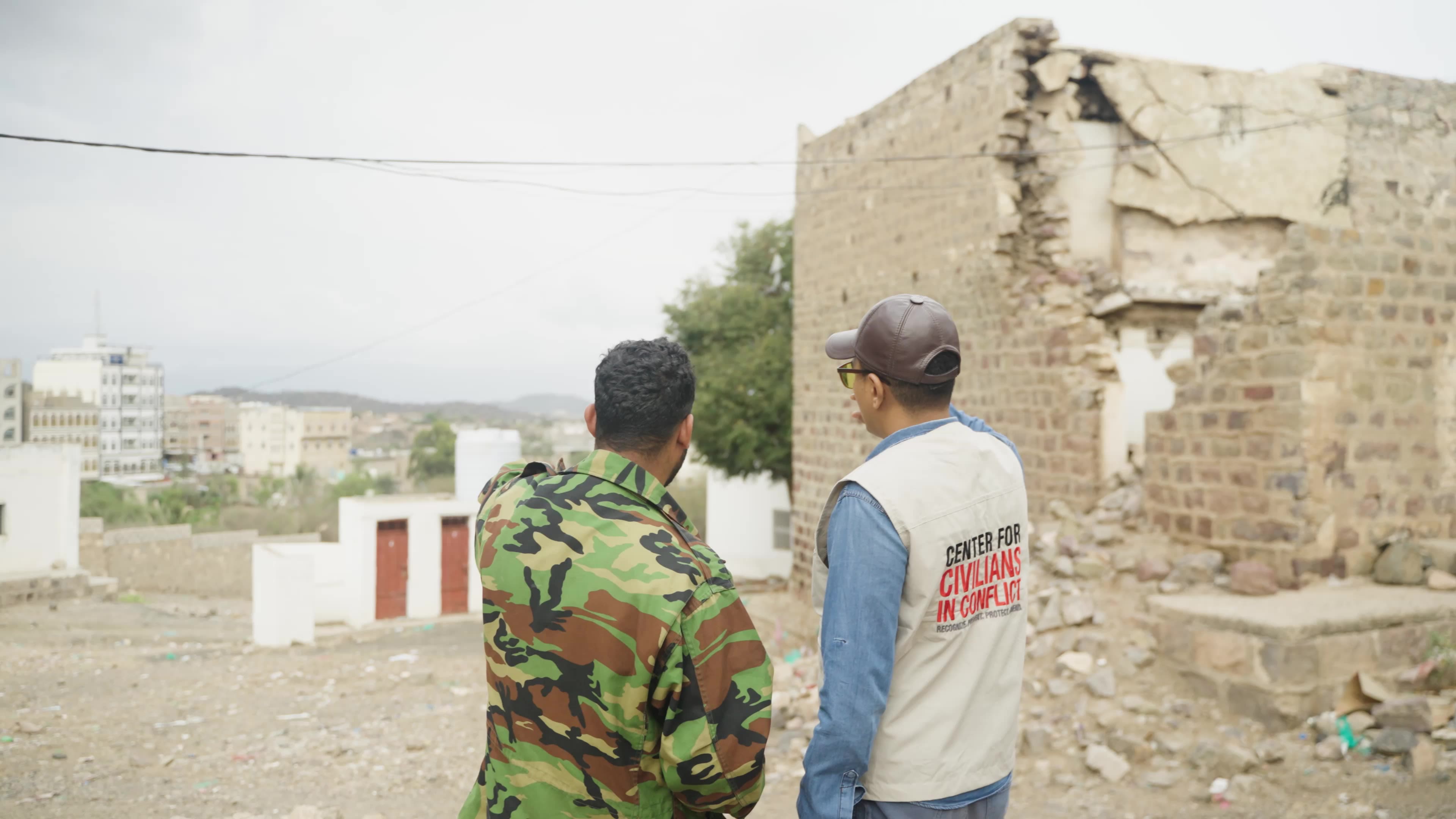
In 2024, over 287 military personnel participated in CIVIC’s training and awareness workshops on the Protection of Civilians (POC) and Civilian Harm Mitigation (CHM) across Aden, Marib, Taiz, Westcoast, Hadramout, and Shabwa.
We also facilitated civil-military dialogues, where the topics of discussions are identified by communities themselves. These strategic discussions brought together CPGs, CSOs, local leaders, and military and security forces to build mutual understanding and strengthen civilian protection efforts.
ADVOCATING
FOR
CIVILIAN
PROTECTION
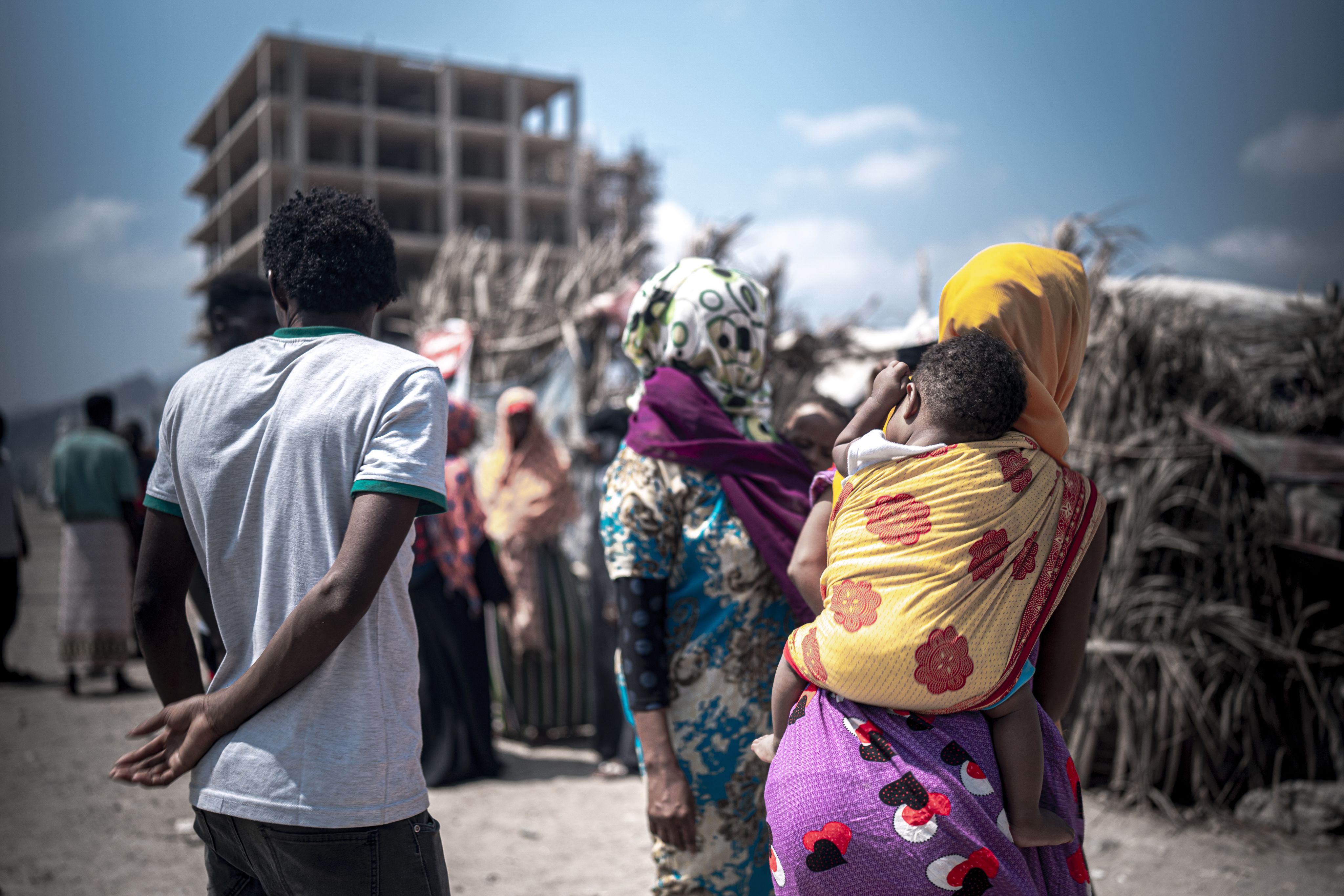
DRIVING POLICY
AND
ACCOUNTABILITY
CIVIC actively engages in public and private meetings with other NGOs to issue joint statements that call for an end to the conflict and demand stronger protection and accountability for civilians.
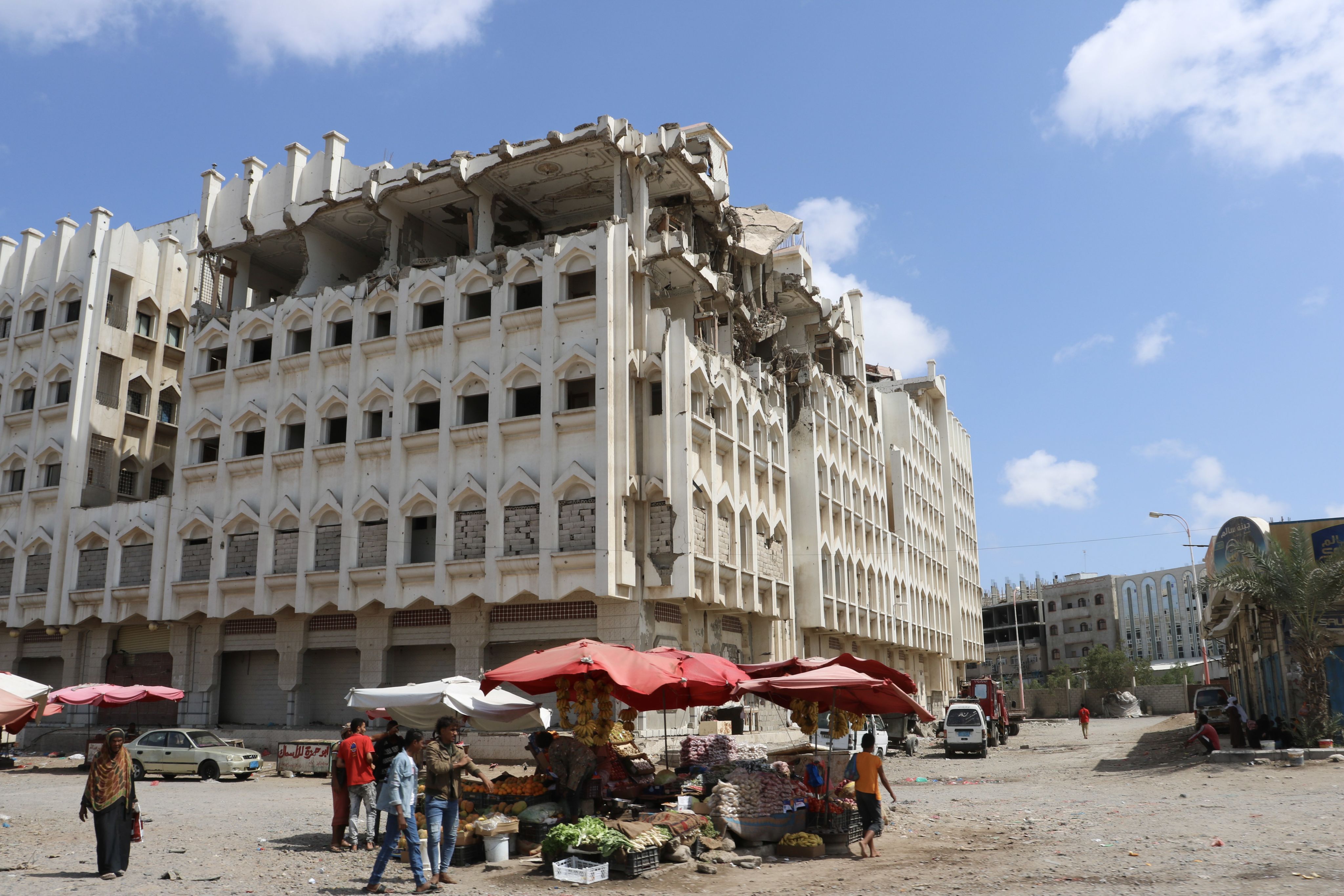
KEY PARTNERS
AND
STAKEHOLDERS
CIVIC works closely with government institutions, civil society, and international stakeholders, ensuring our efforts are effective and aligned with national priorities .
Our key partners in Yemen include:
- Ministry of Defense
- Ministry of Interior
- Security and Military Committees,
- Civil Society Organizations
We also collaborate with:
- OCHA
- The Security Arrangement Team at OSESGY
These partnerships strengthen our collective ability to protect civilians and support communities across Yemen.
© Photos and Videos by Usman Hanif, Hajer Naili, Yemen Cost Guard and CIVIC’s Yemen Office
